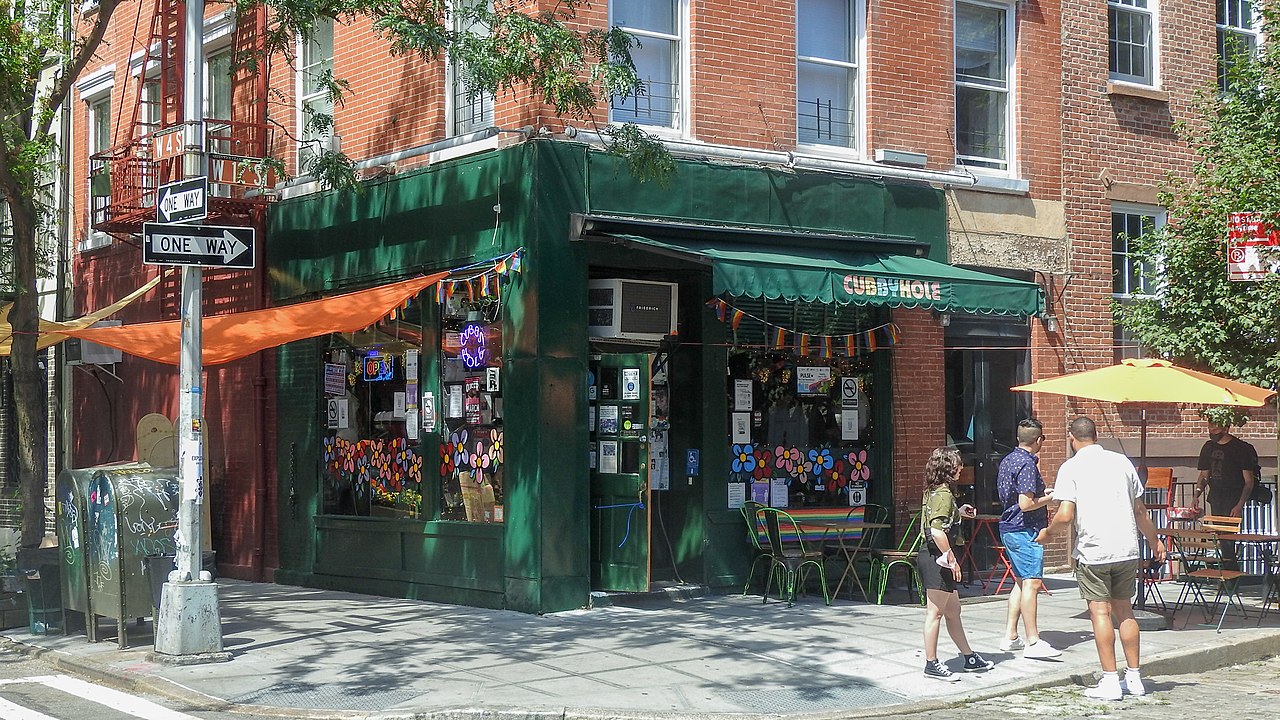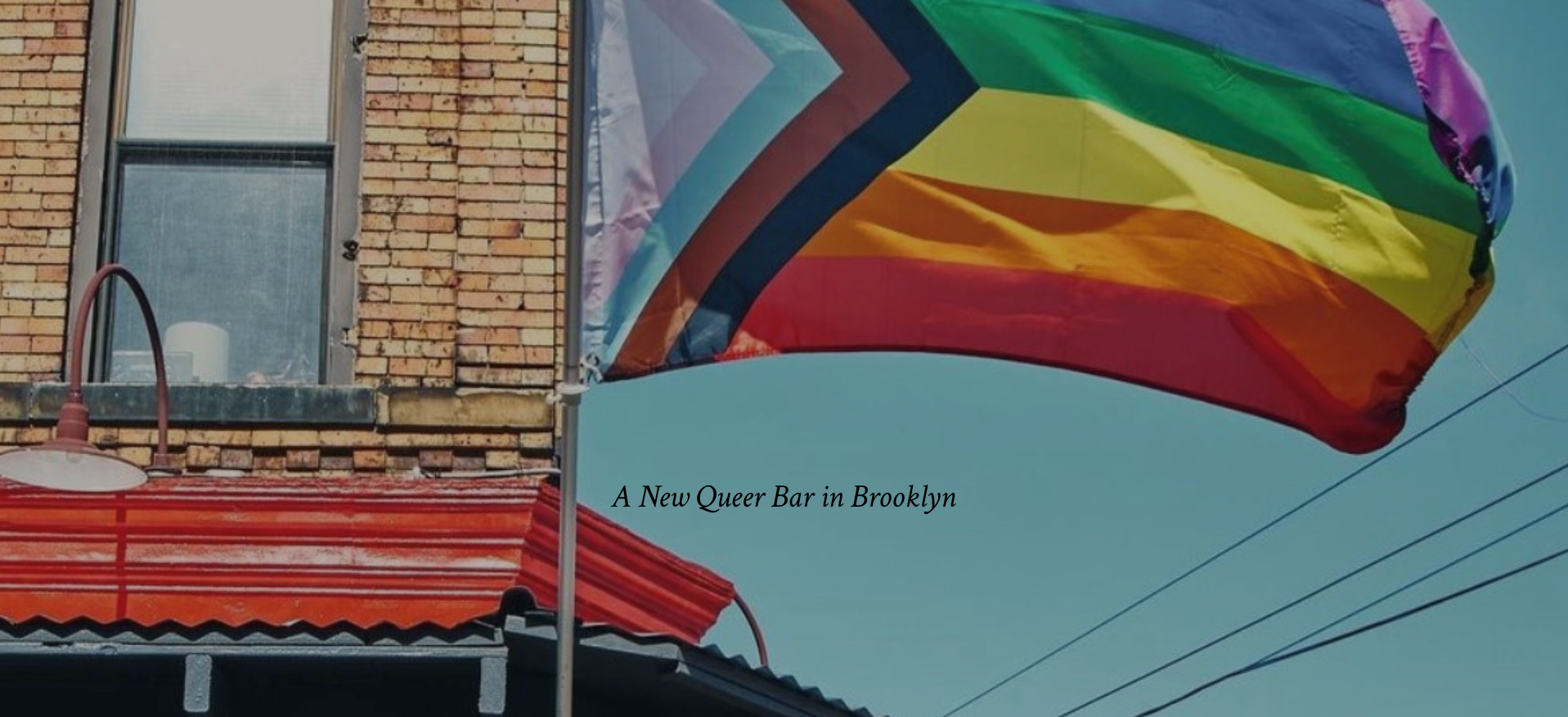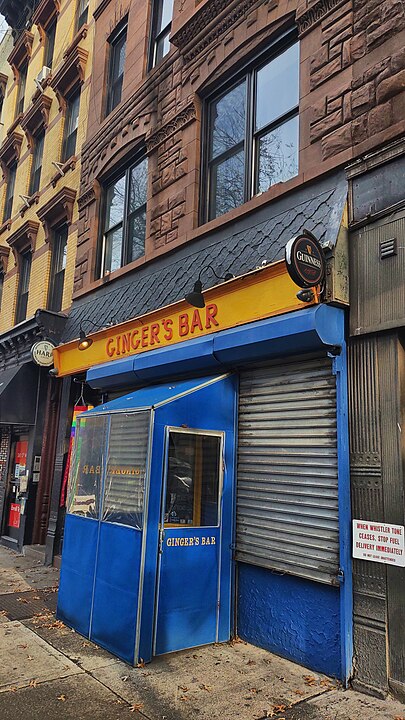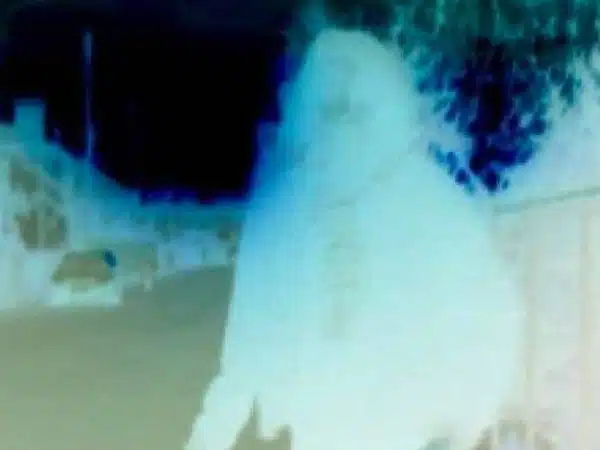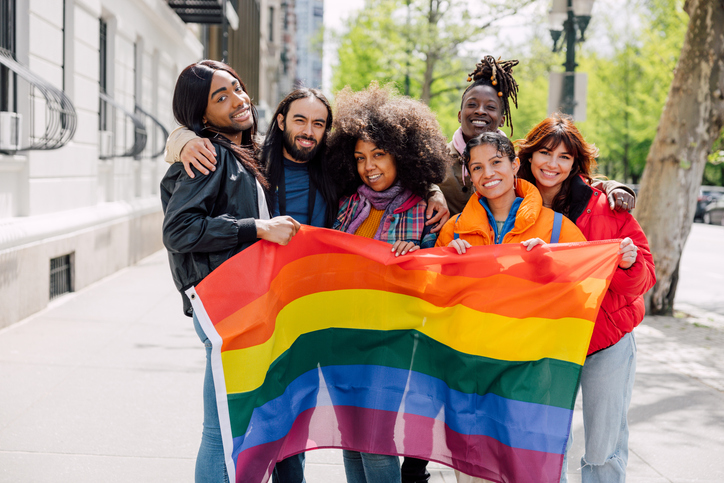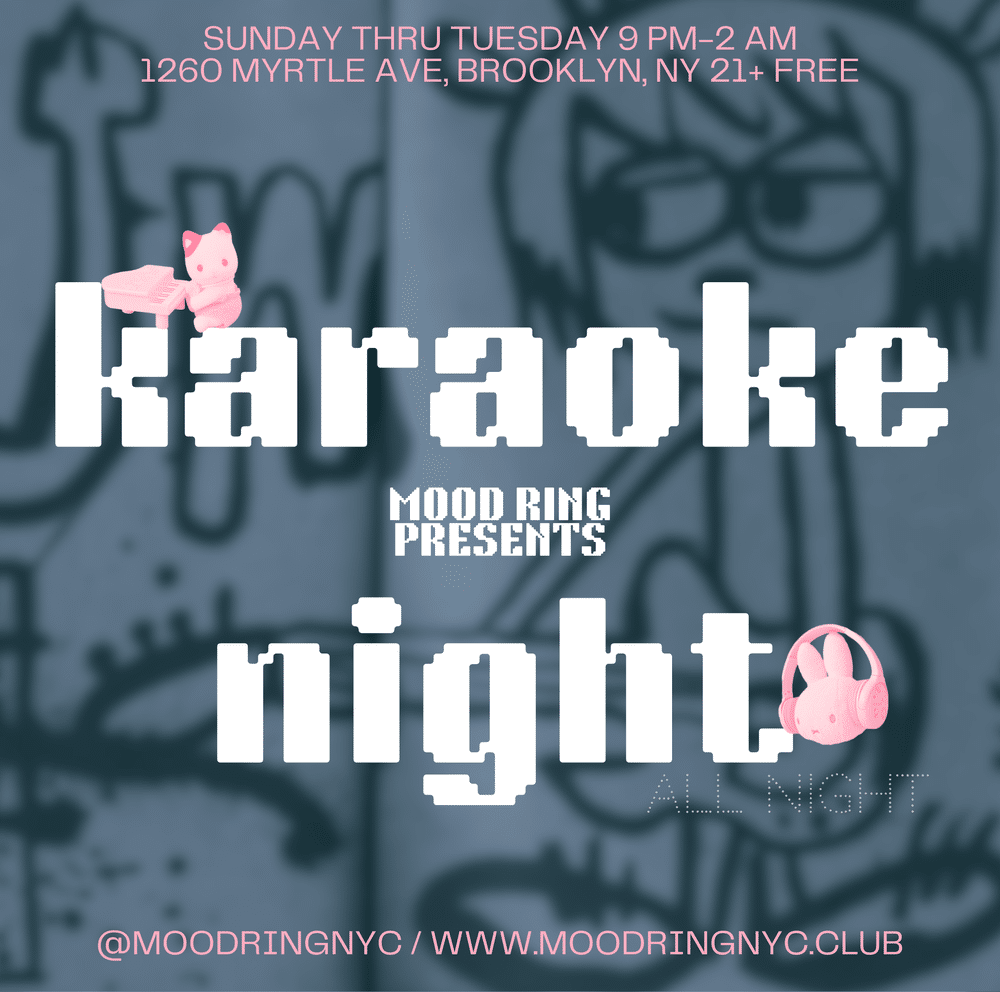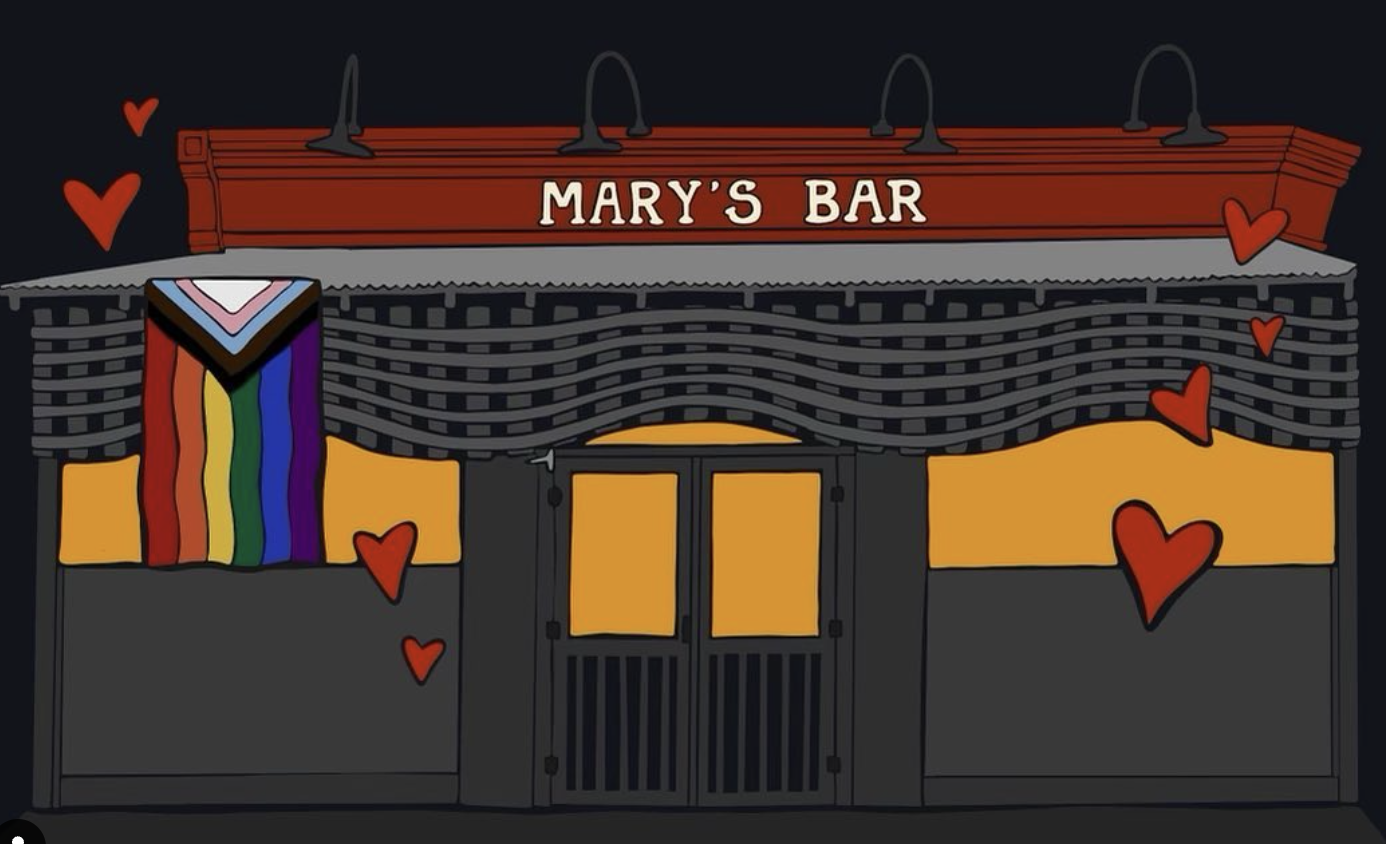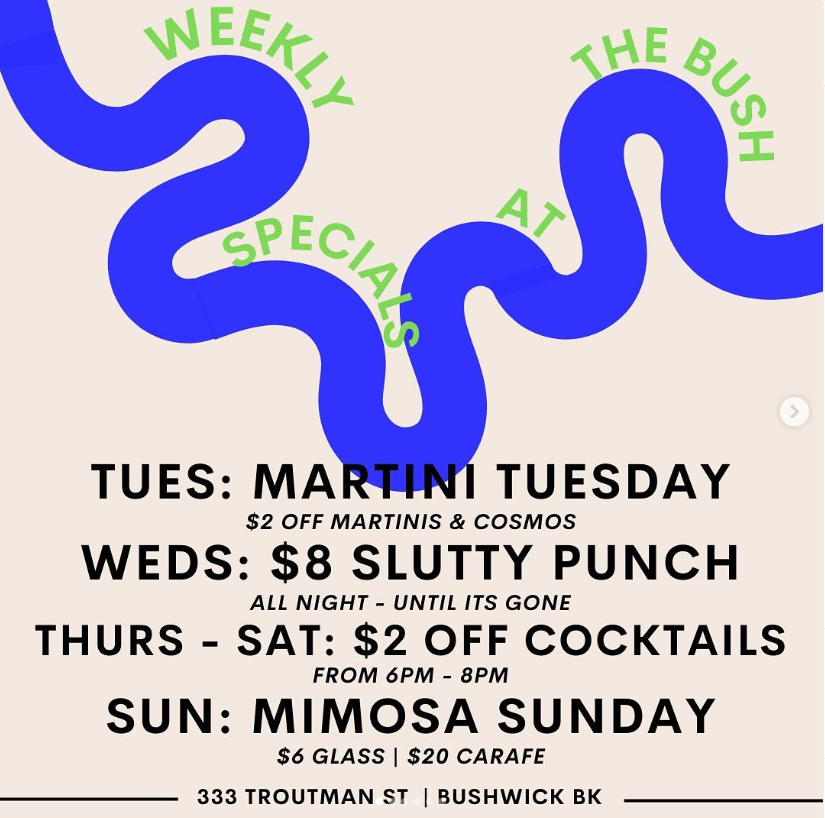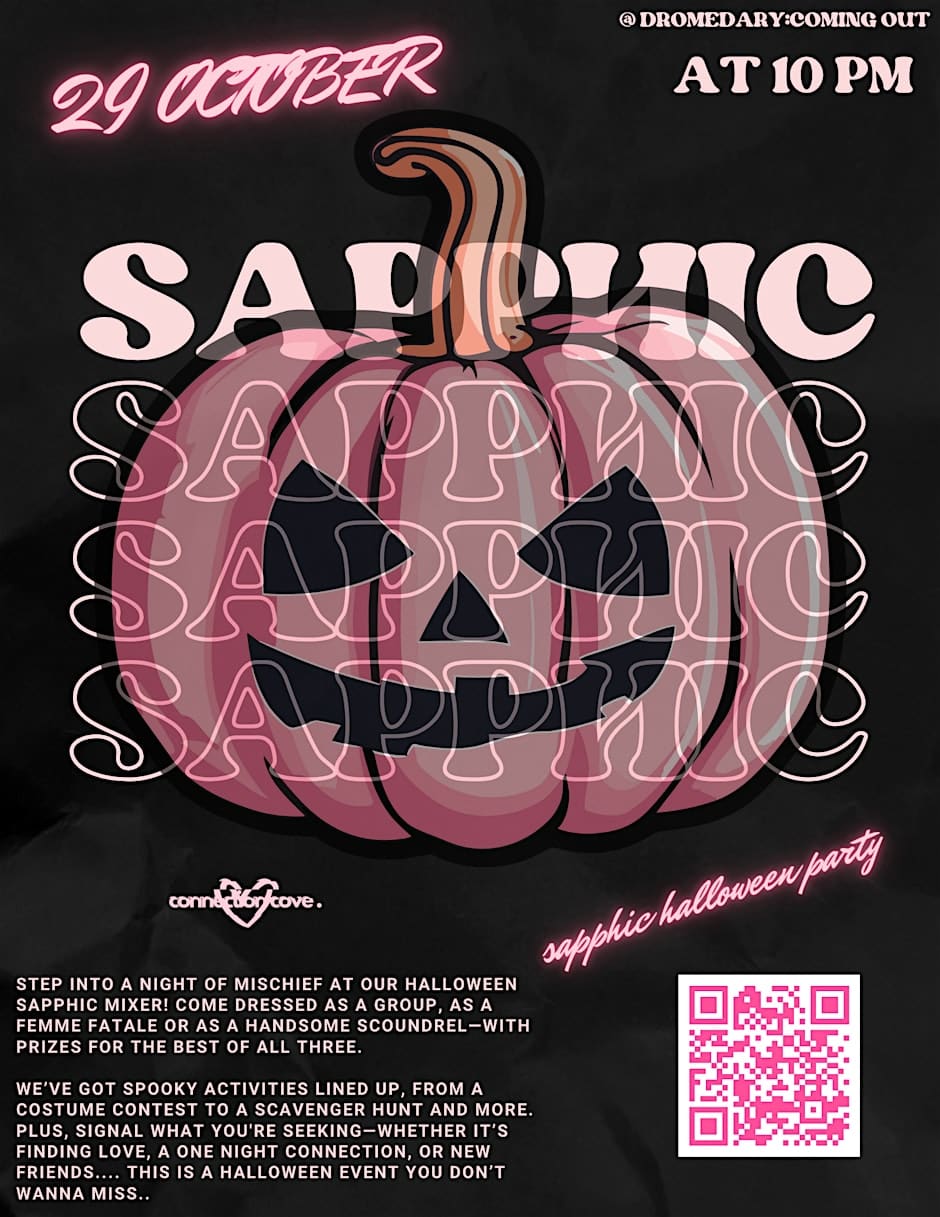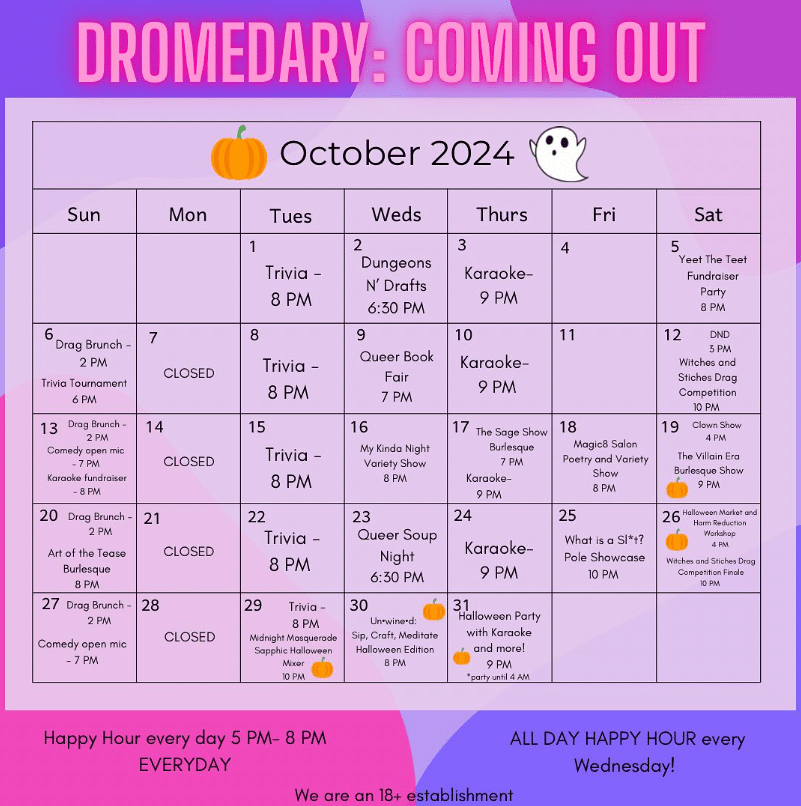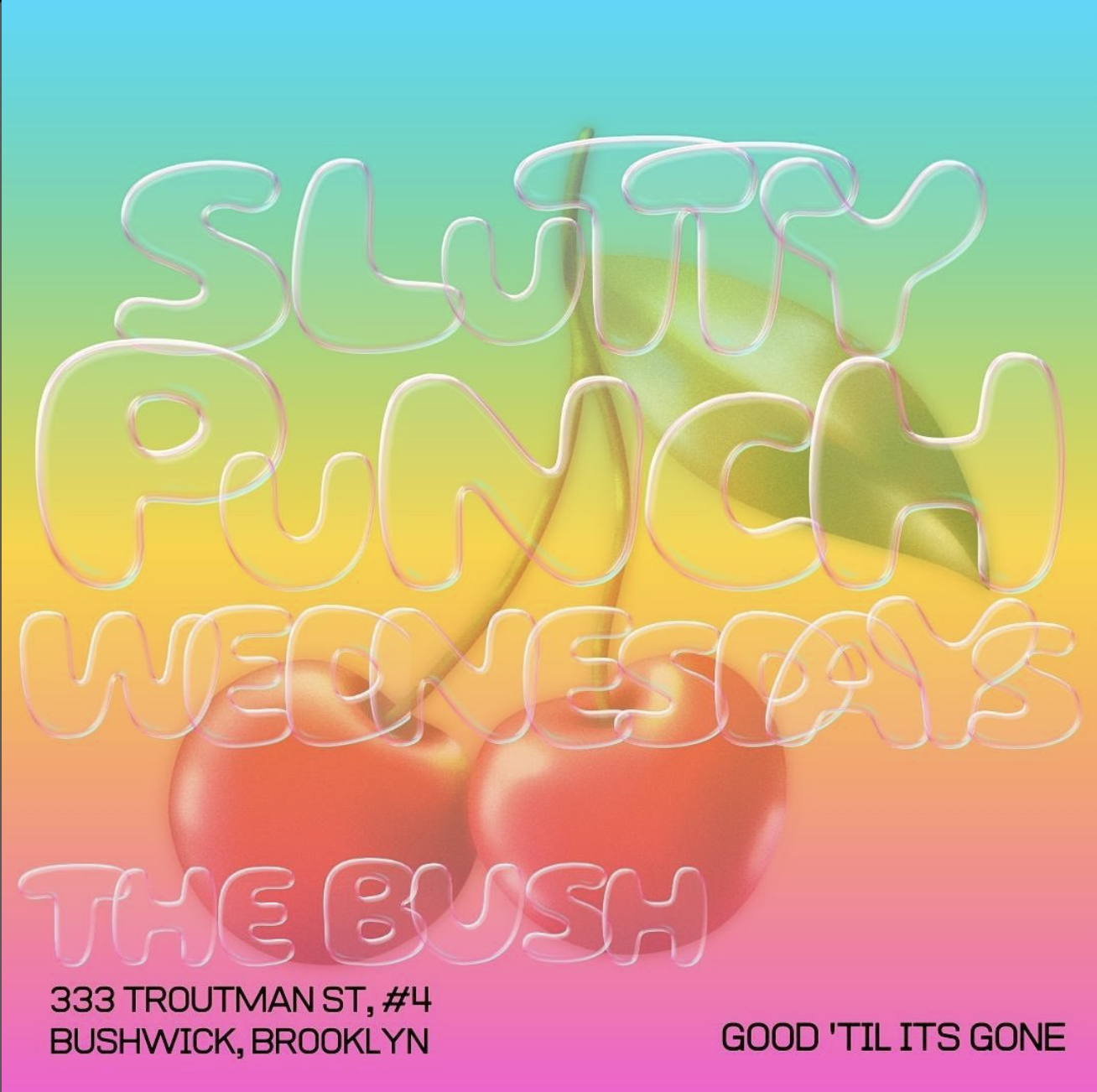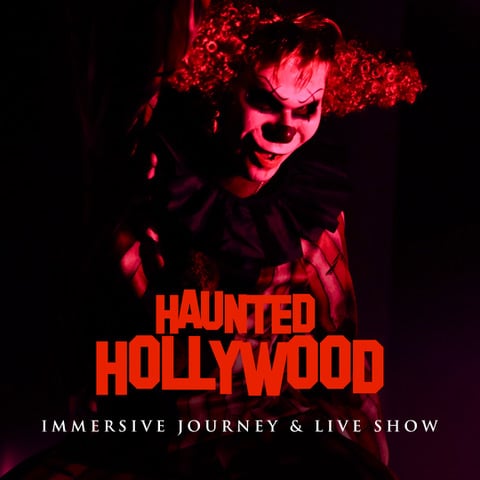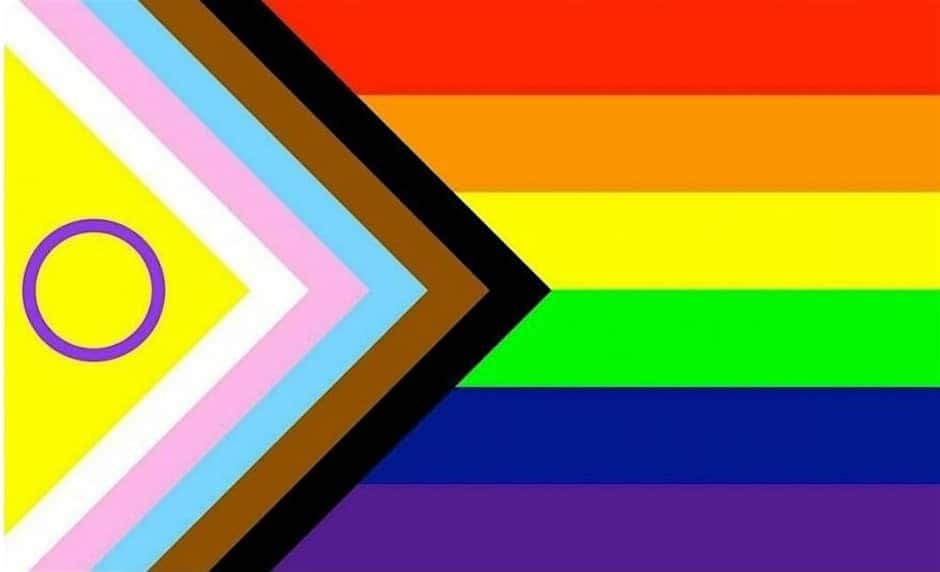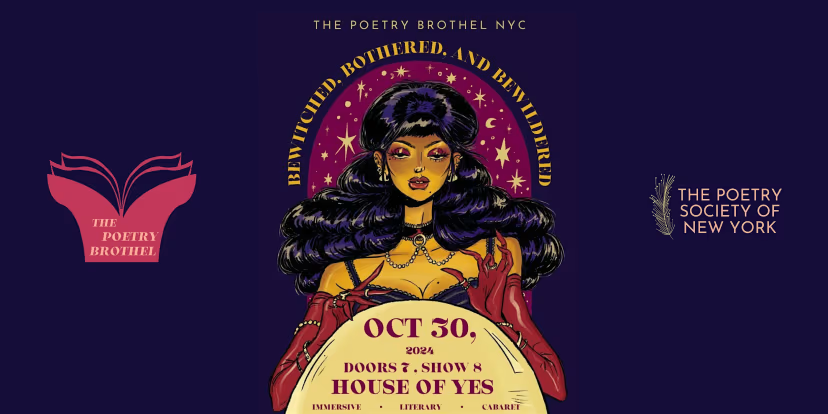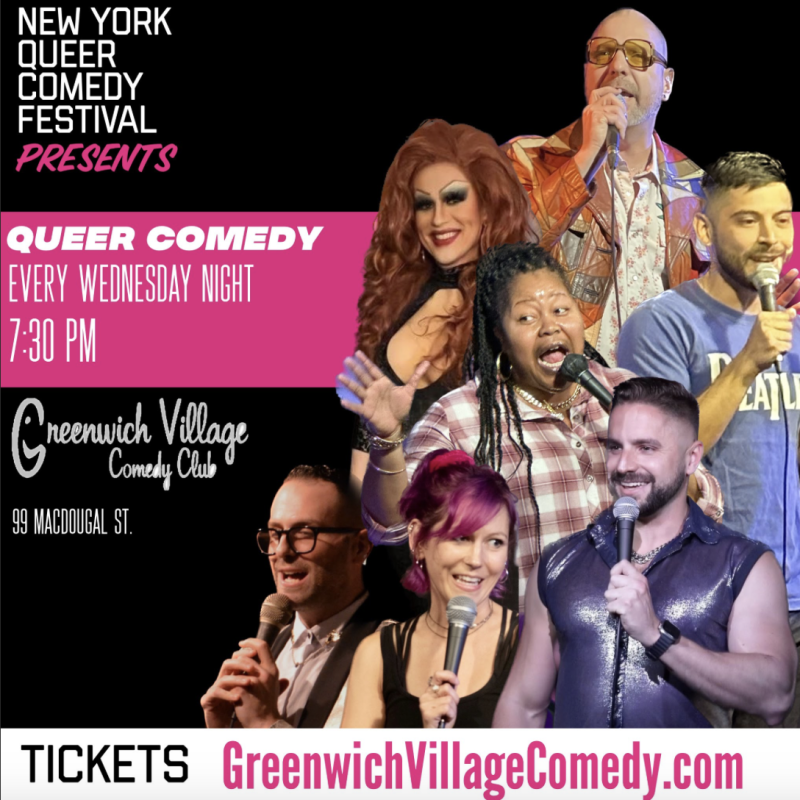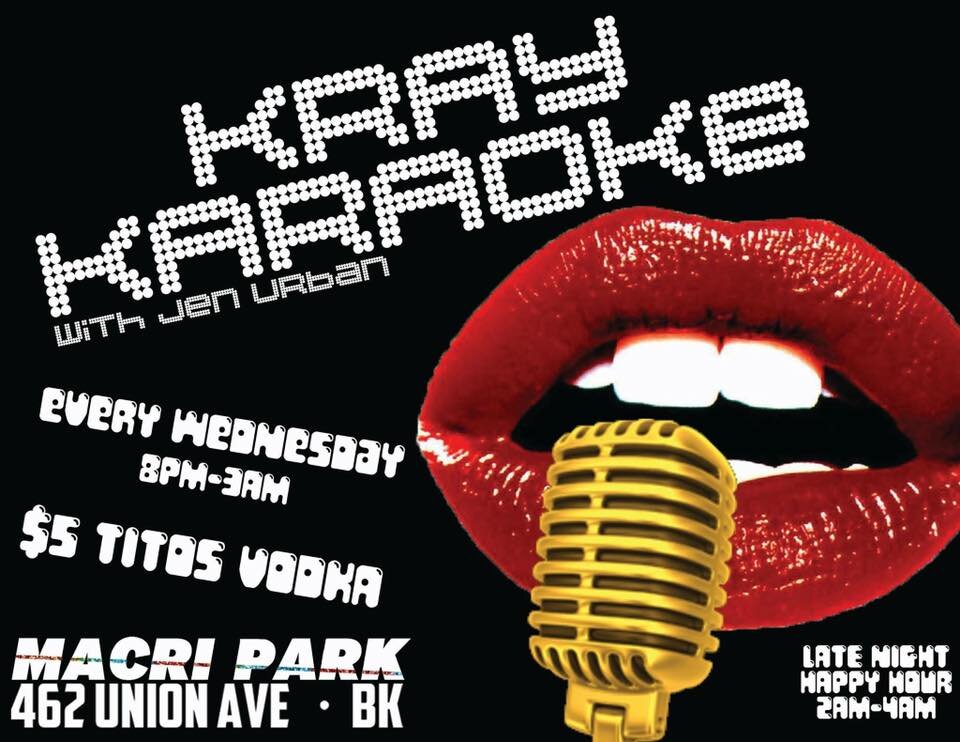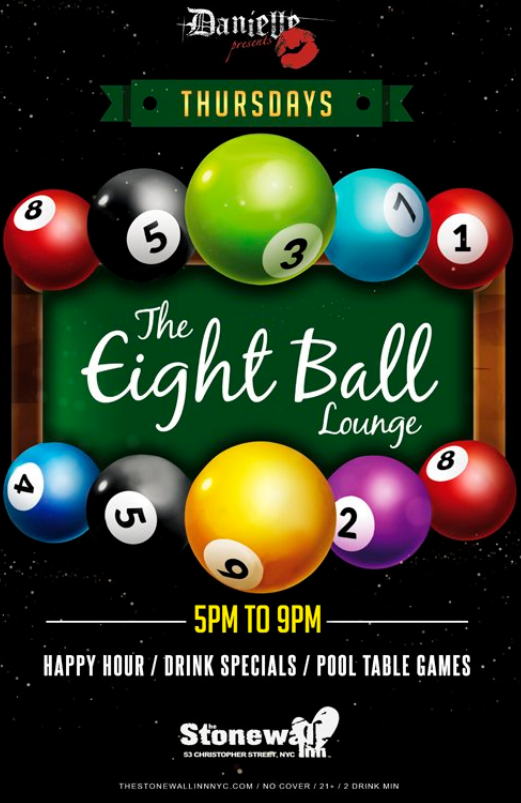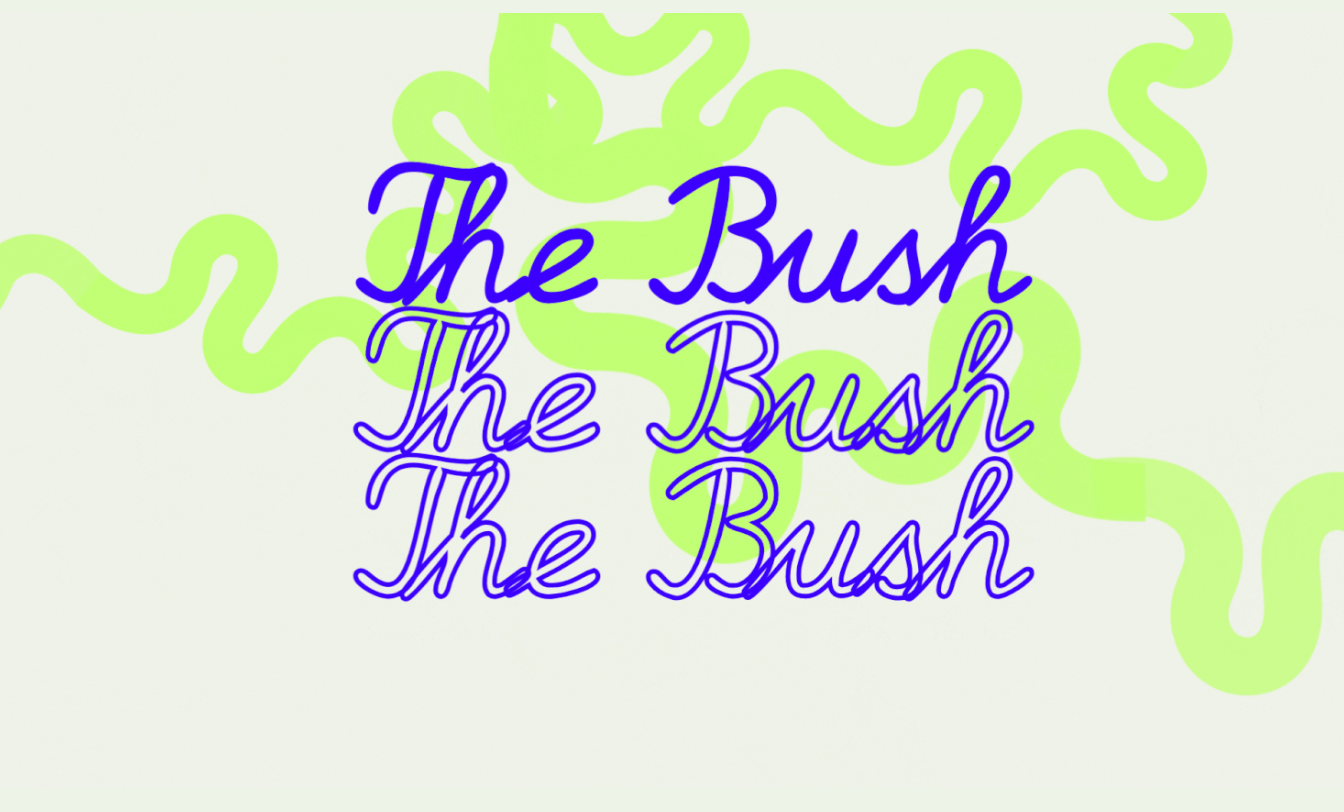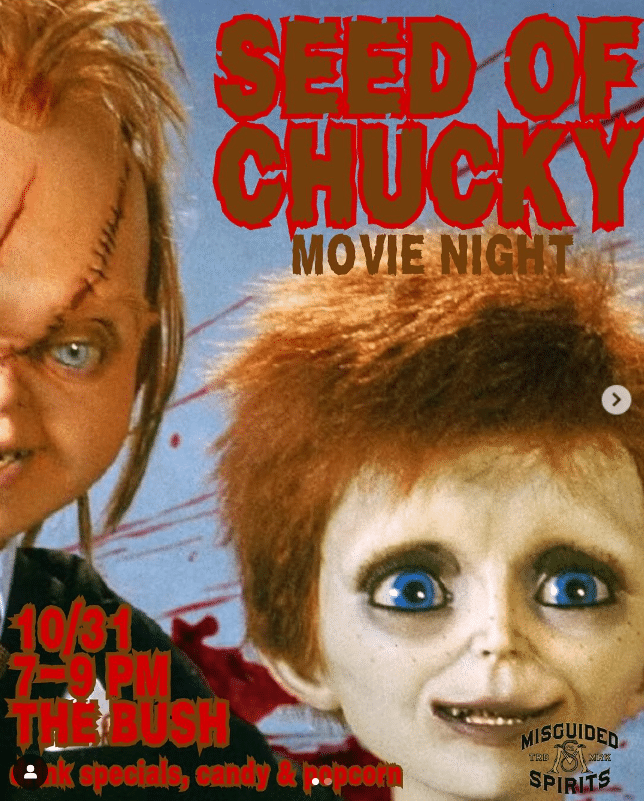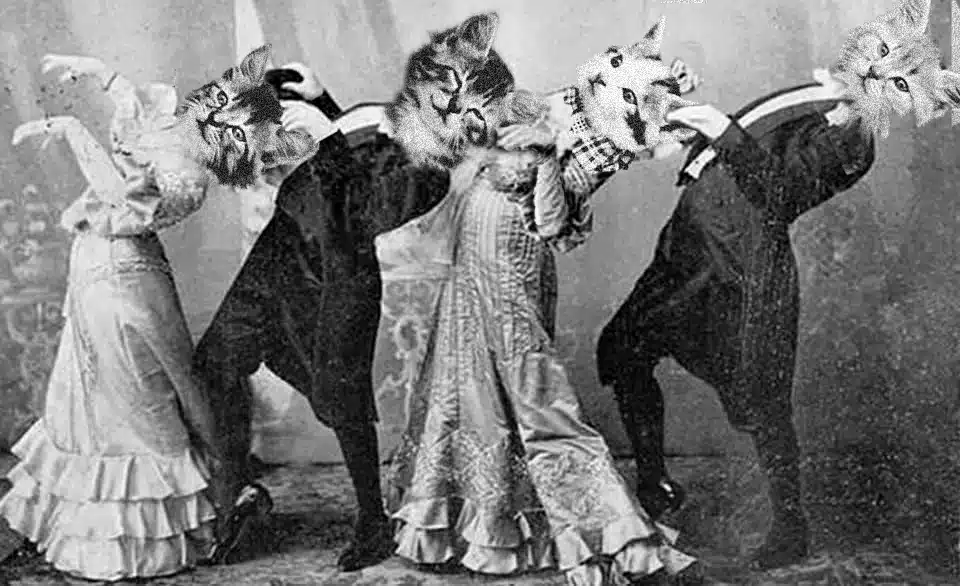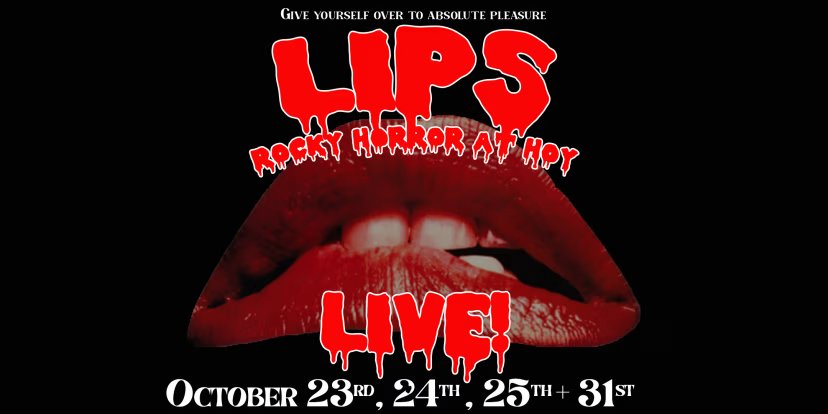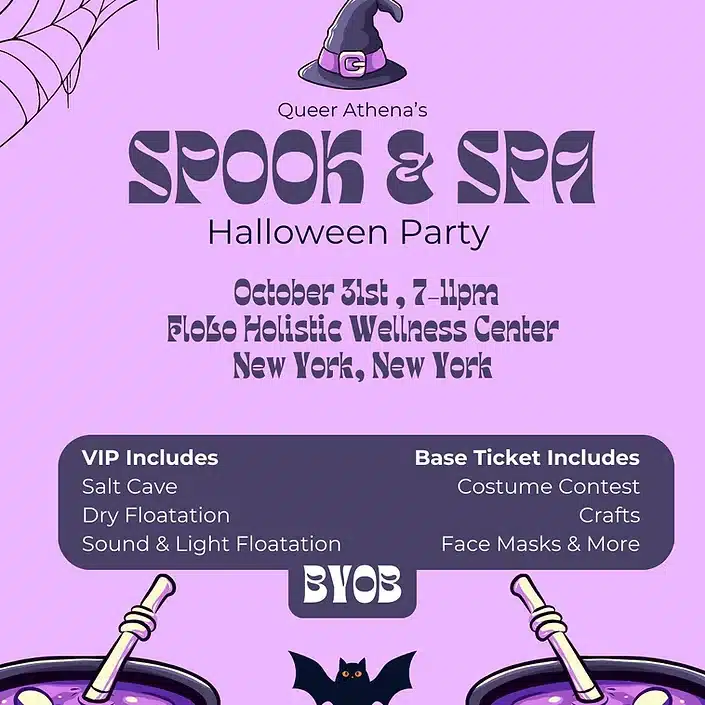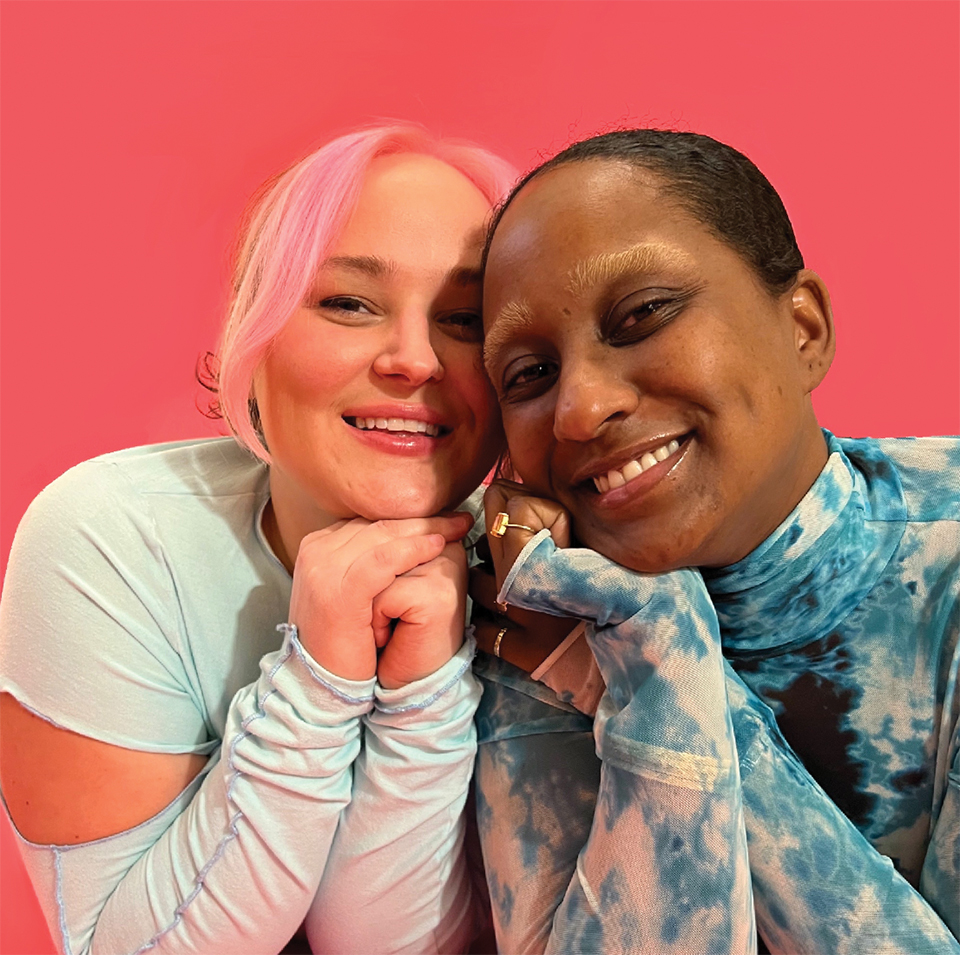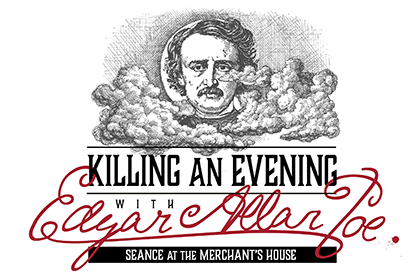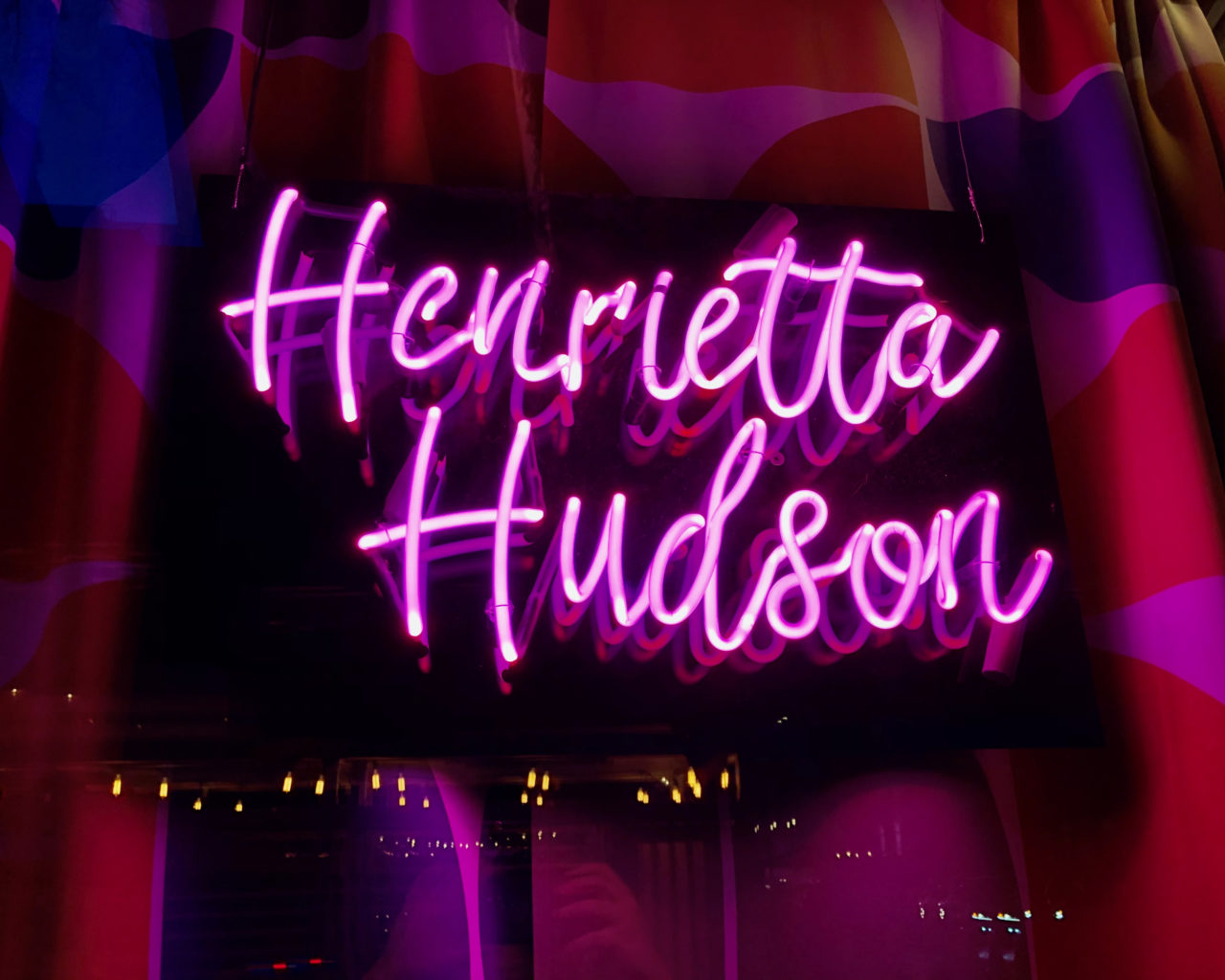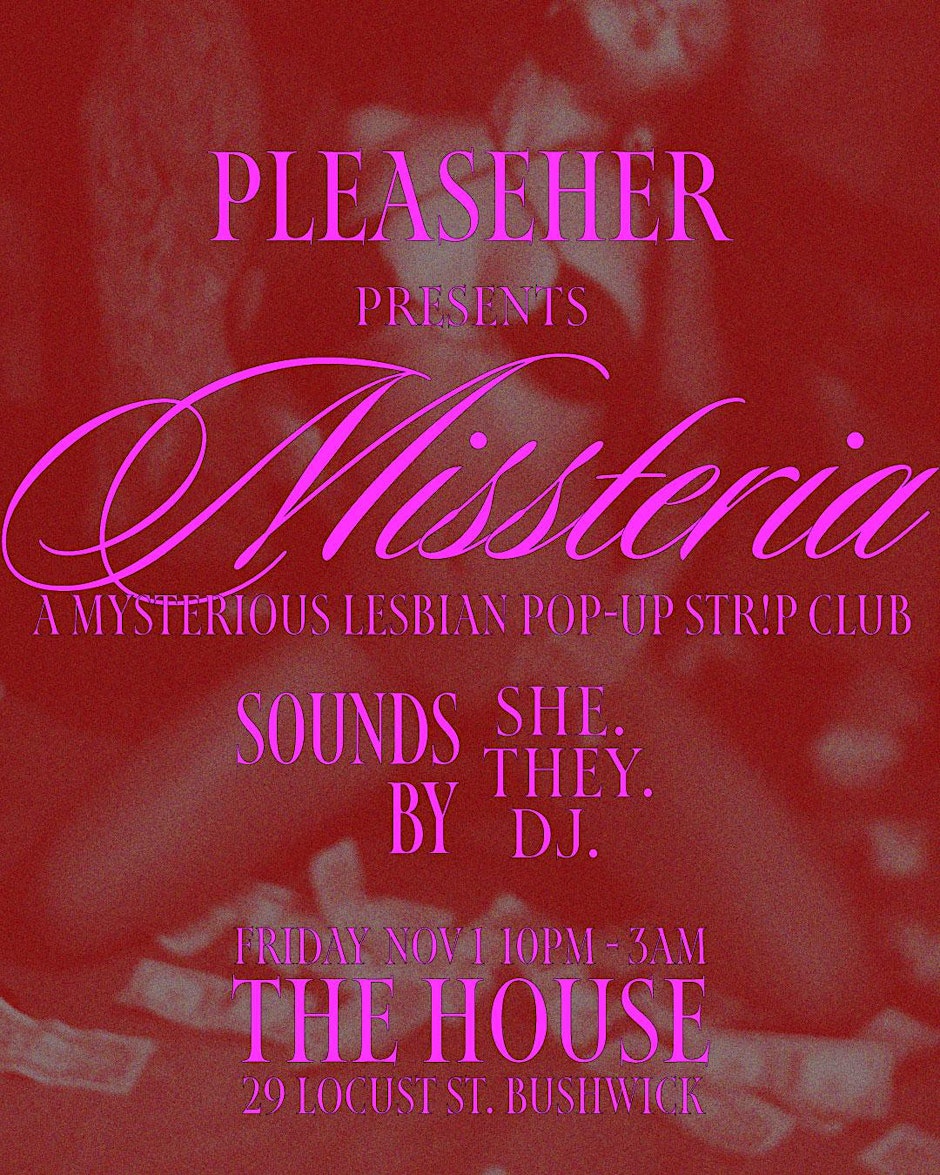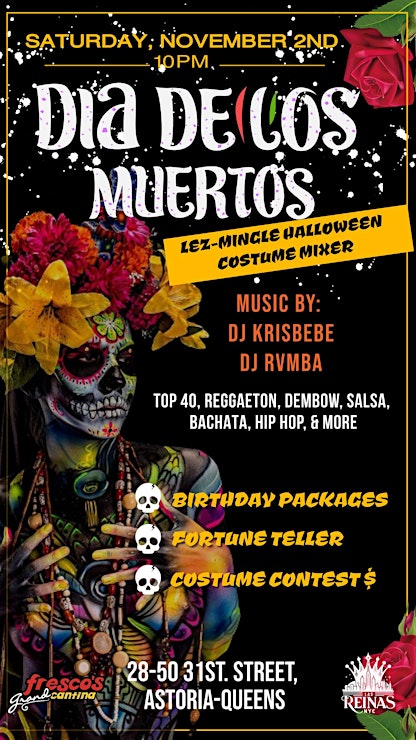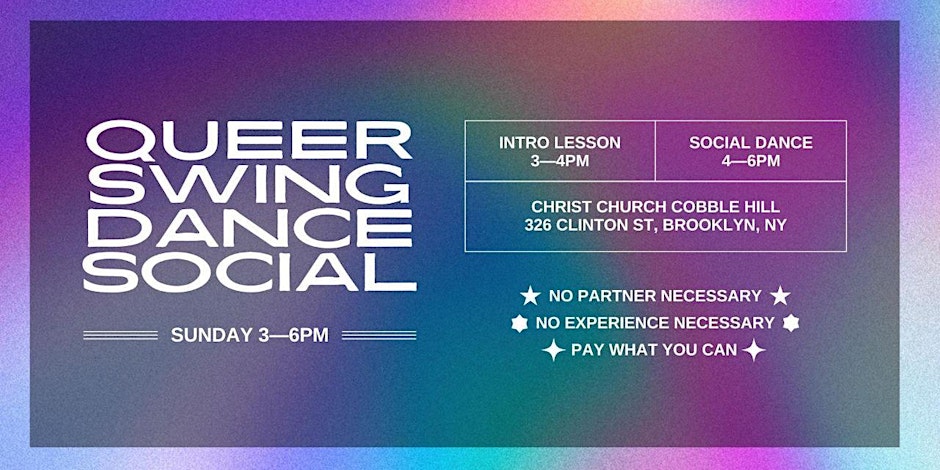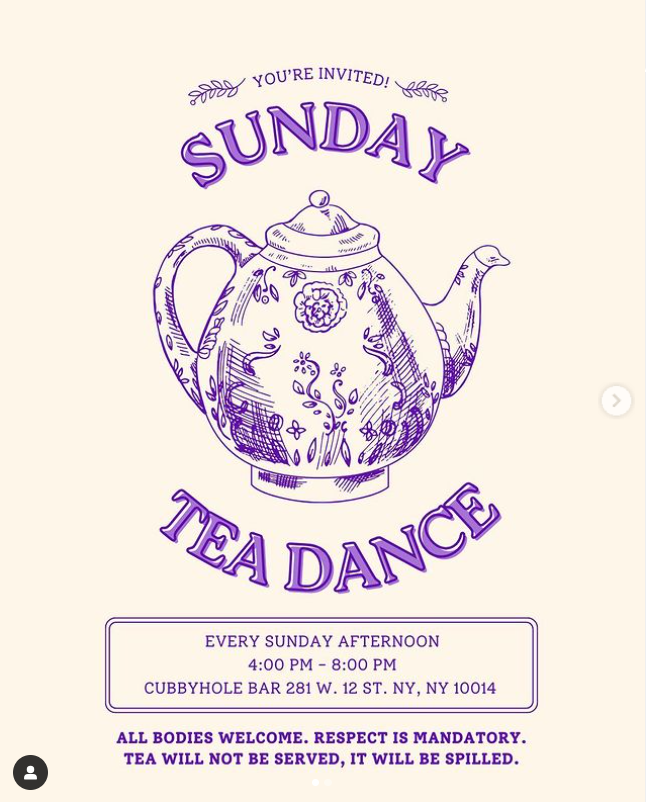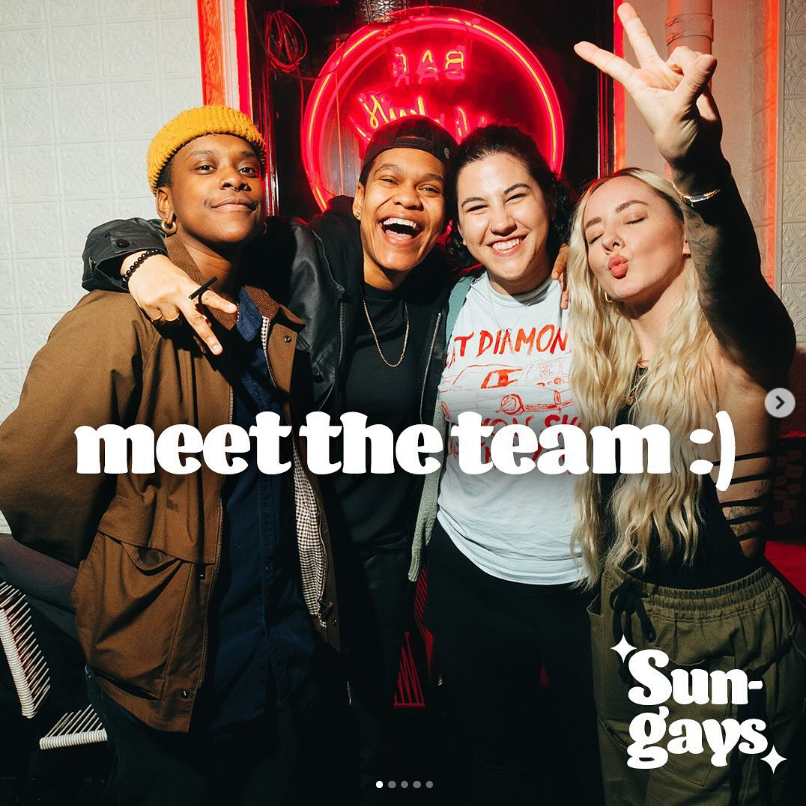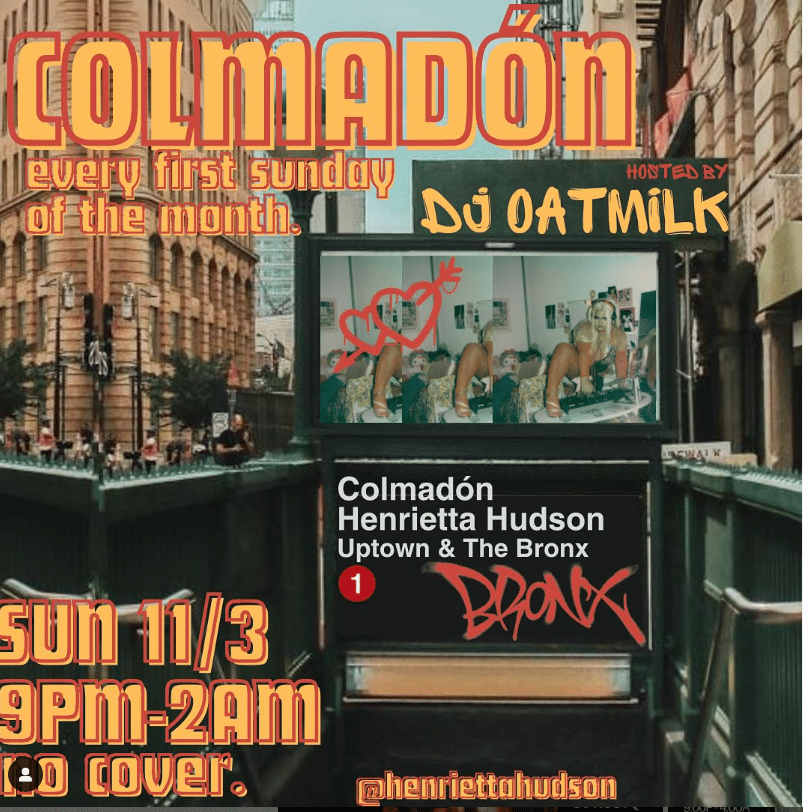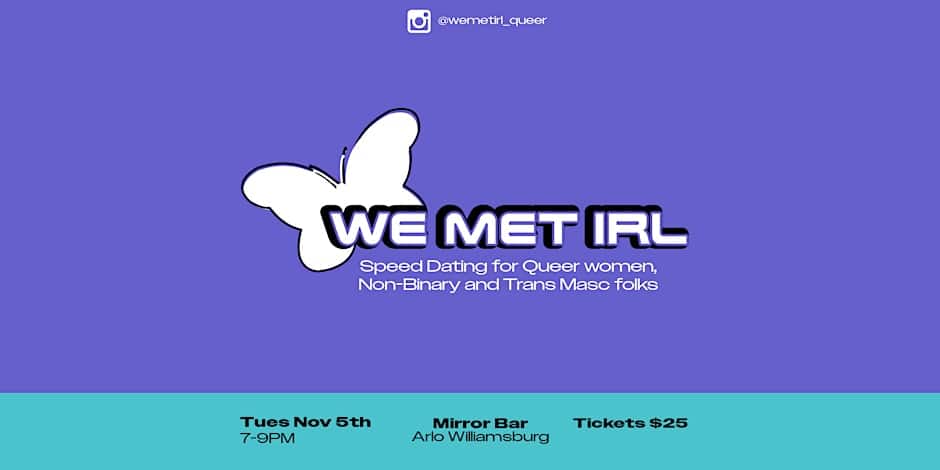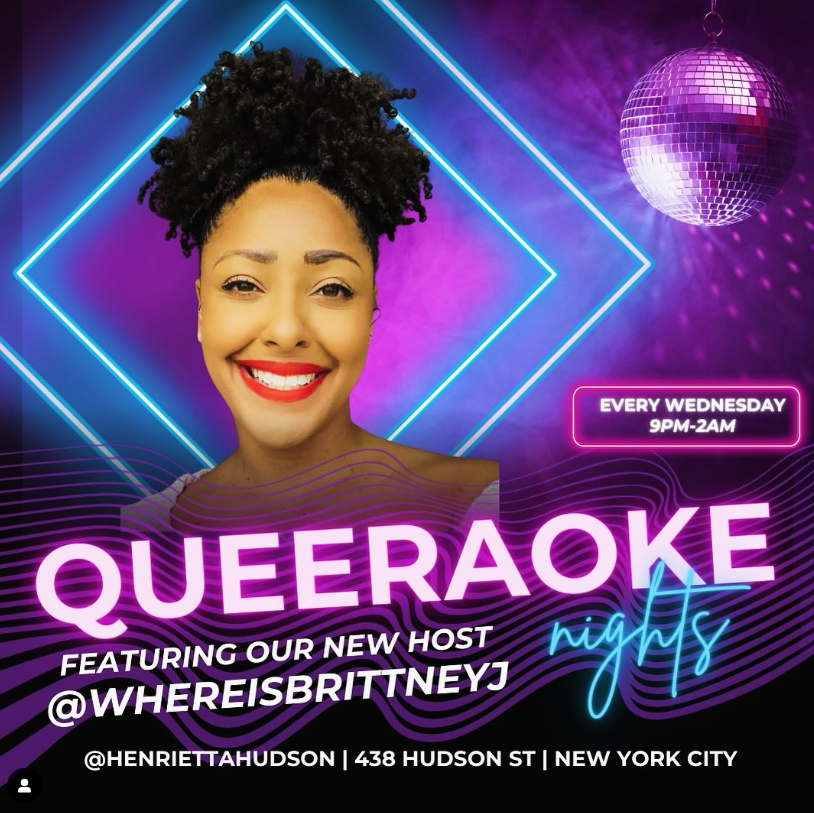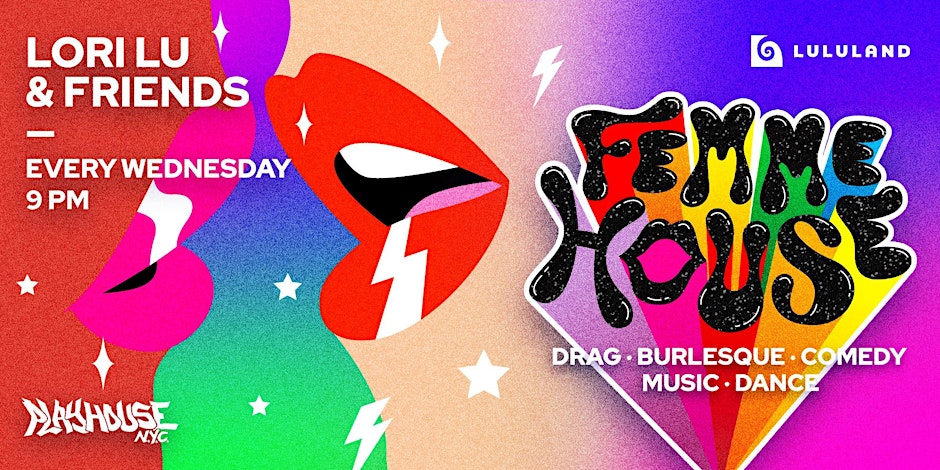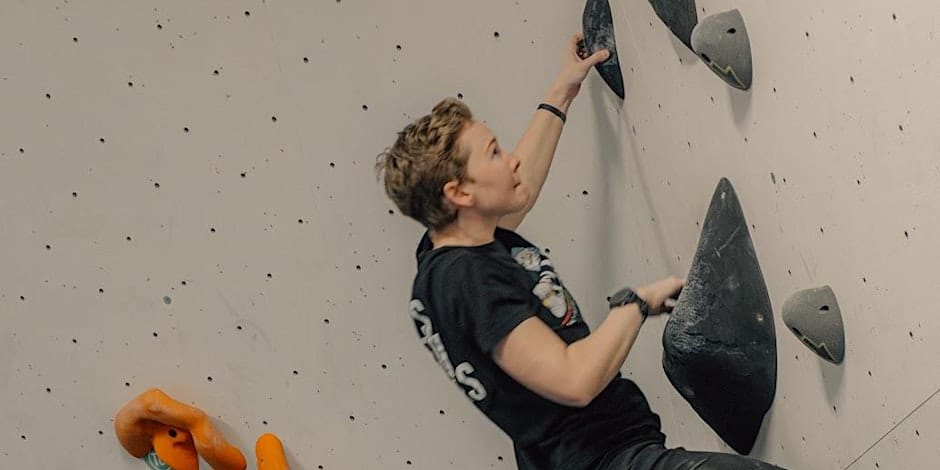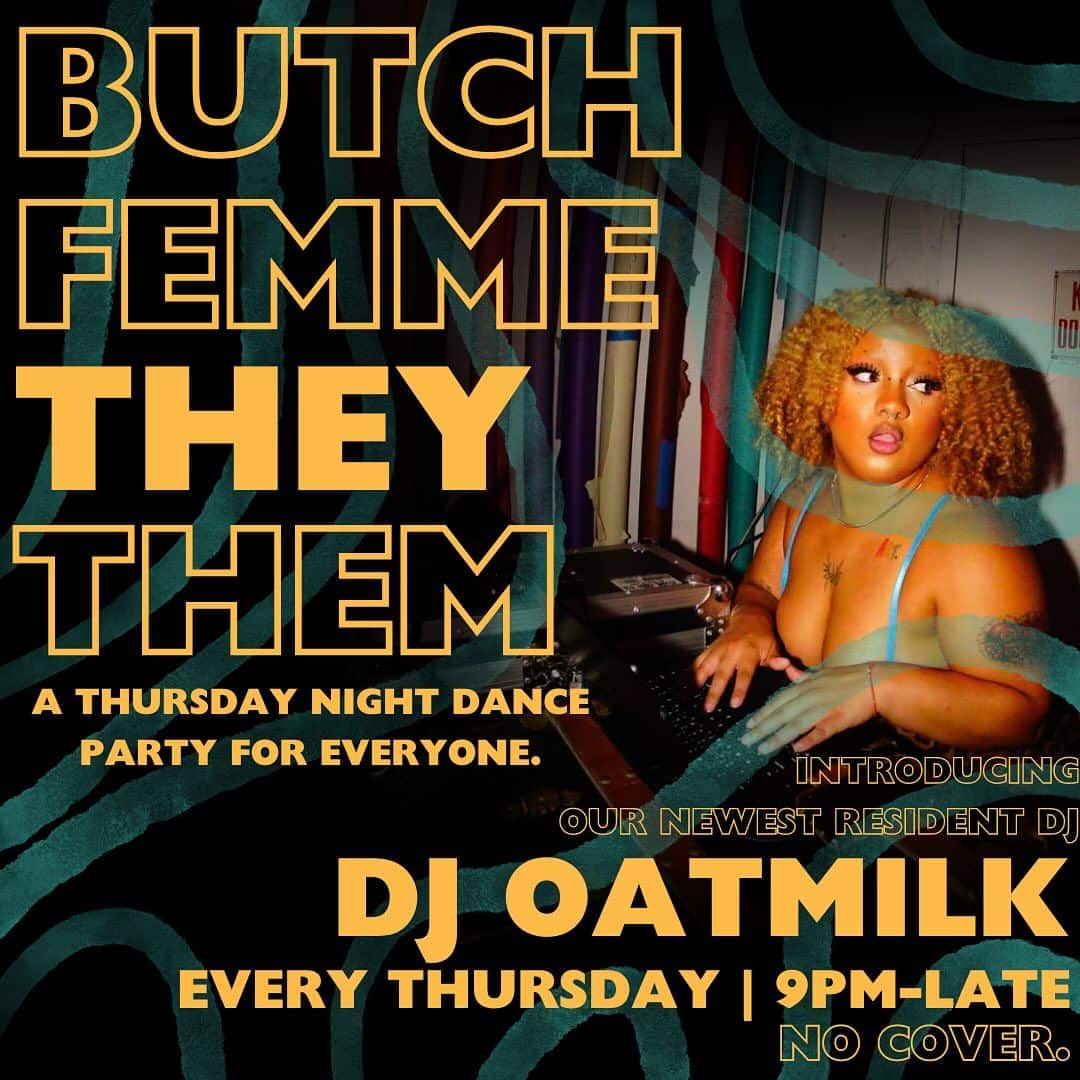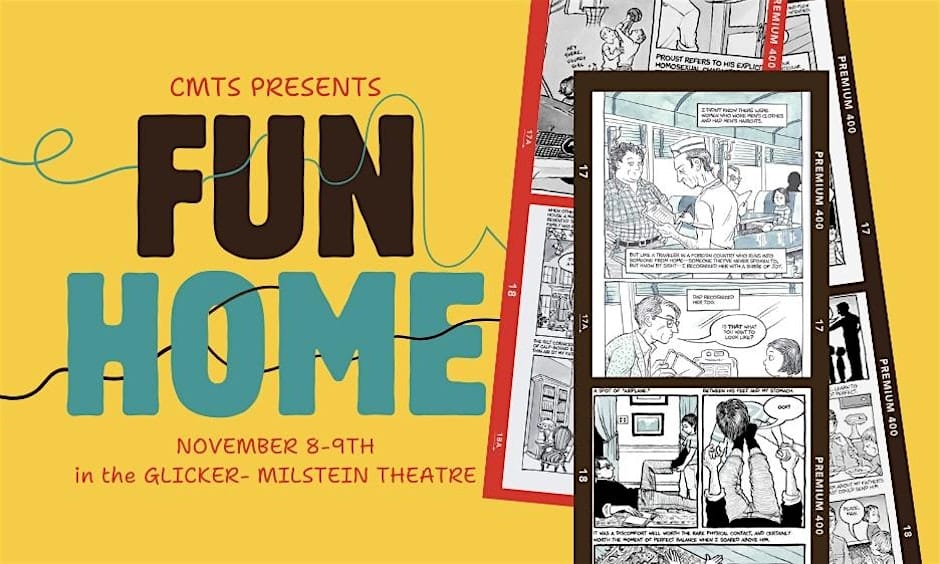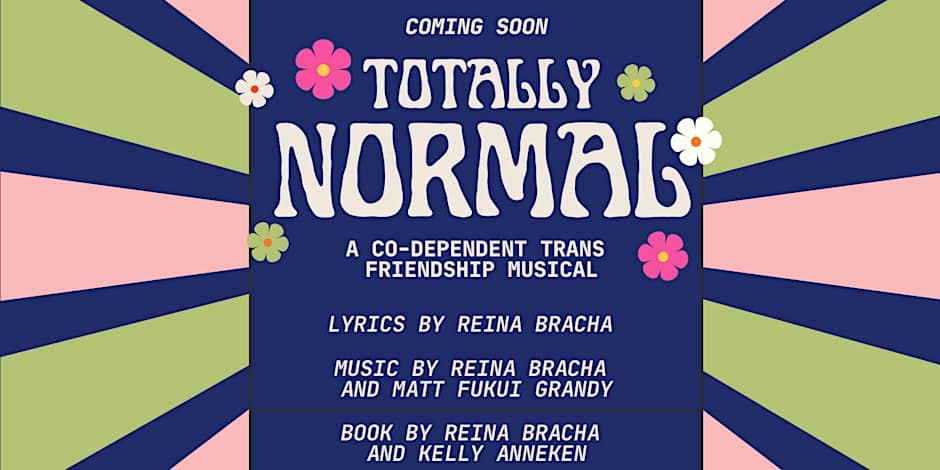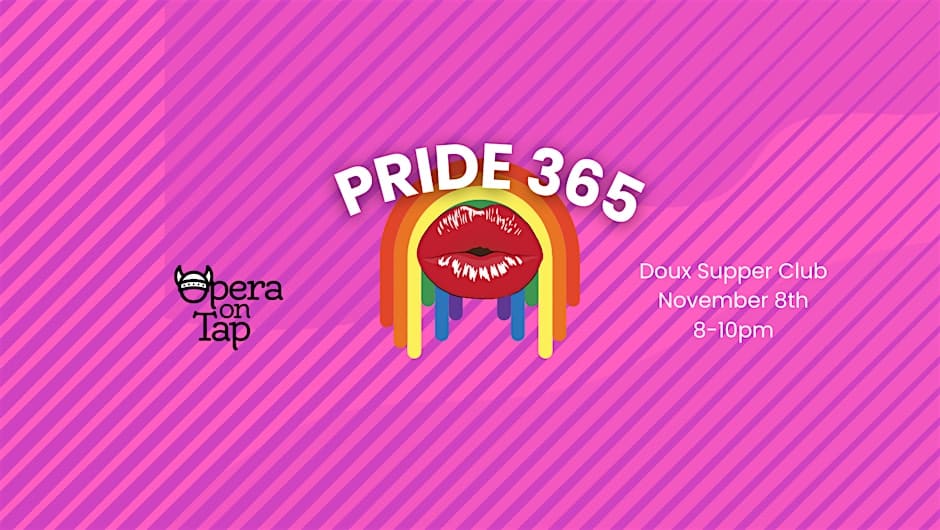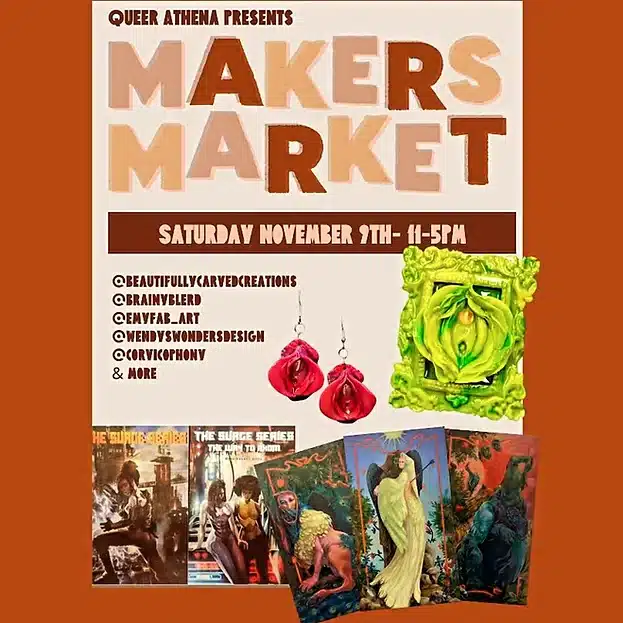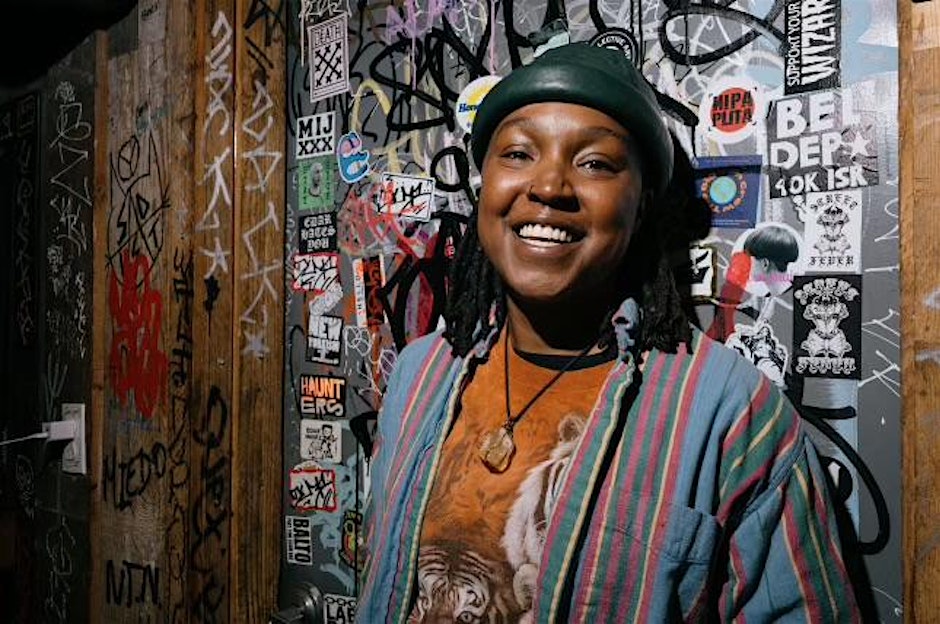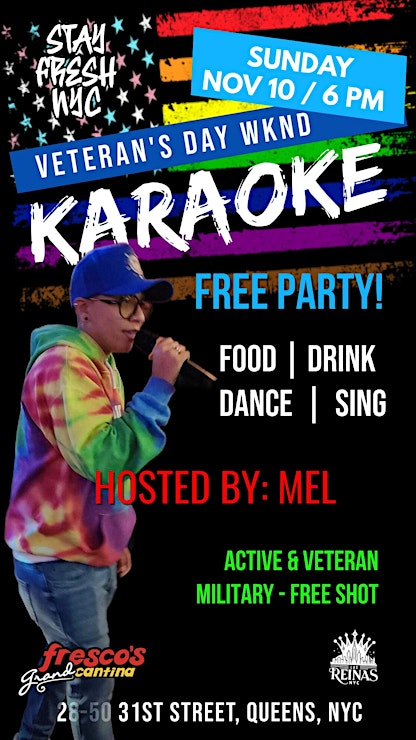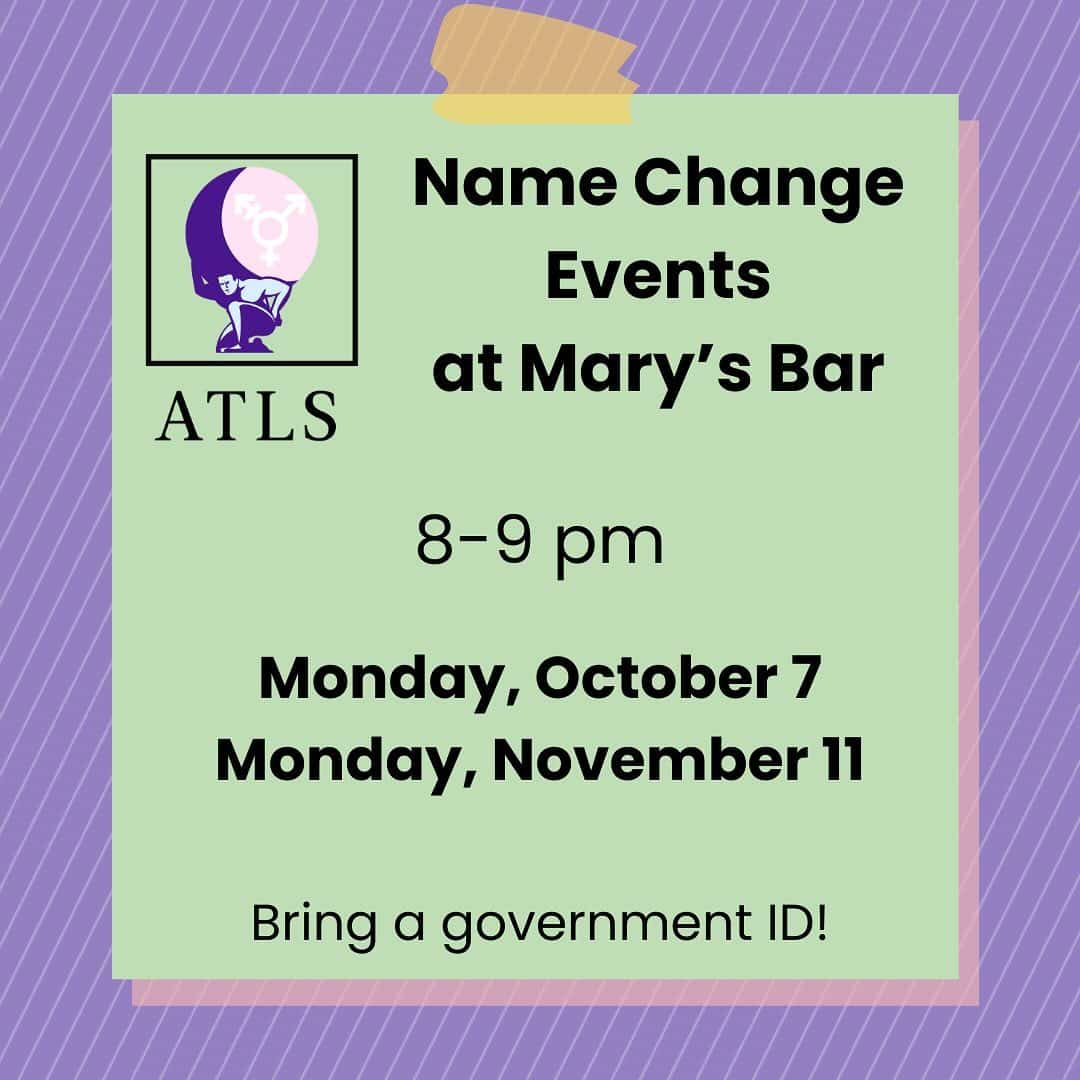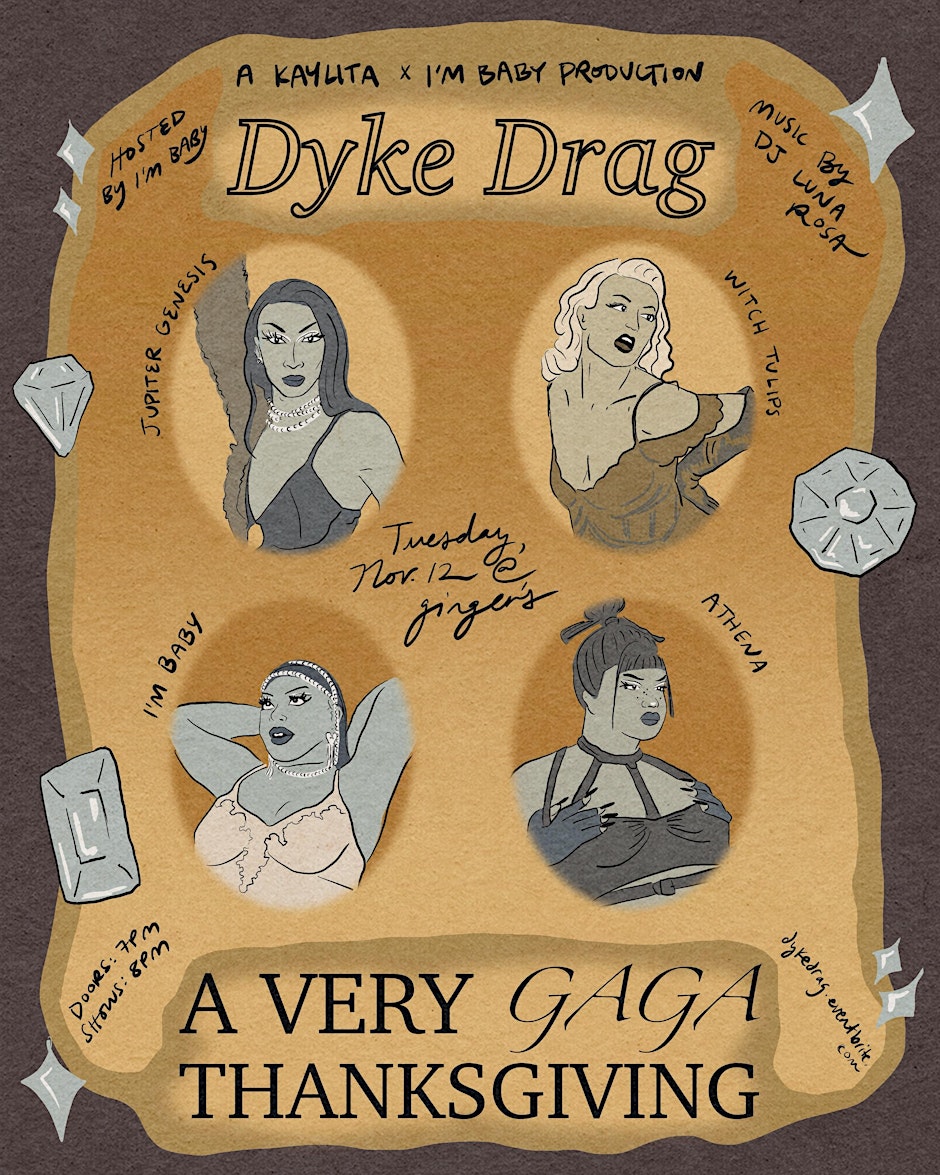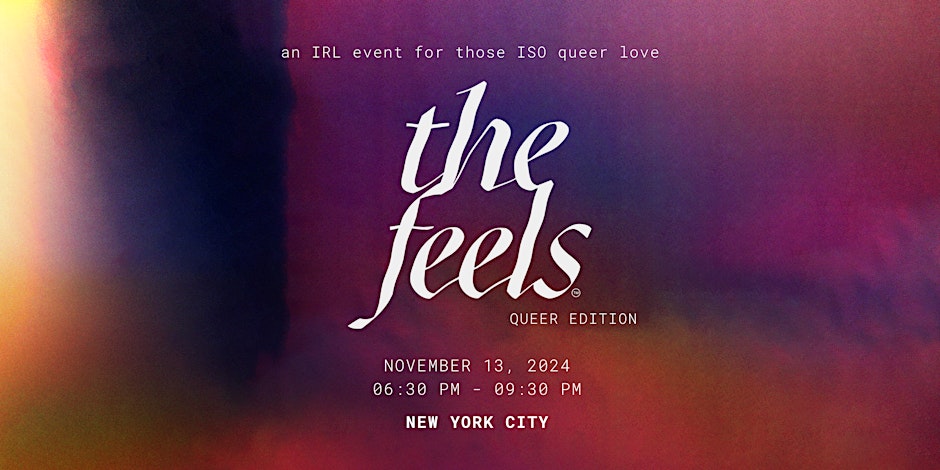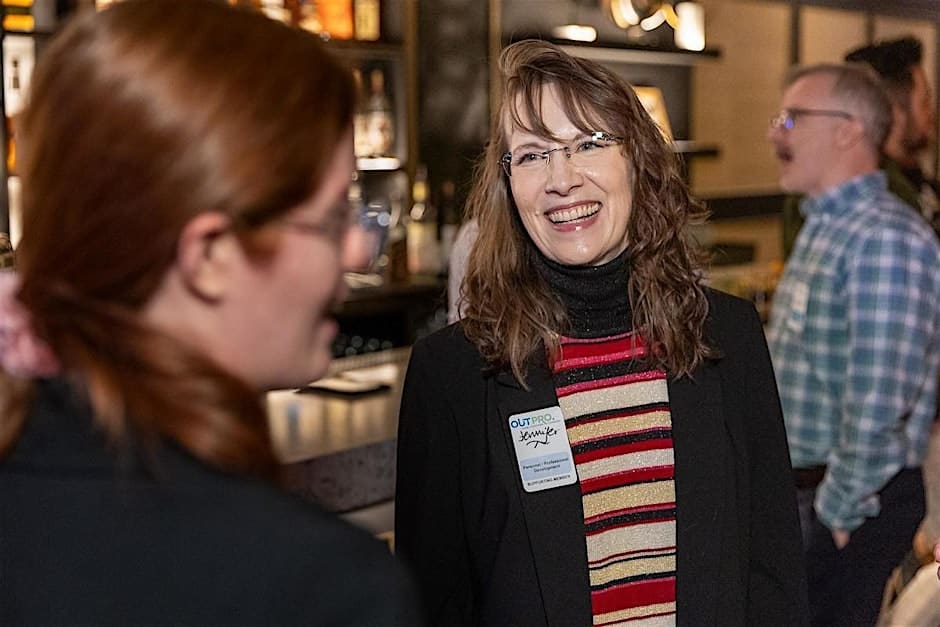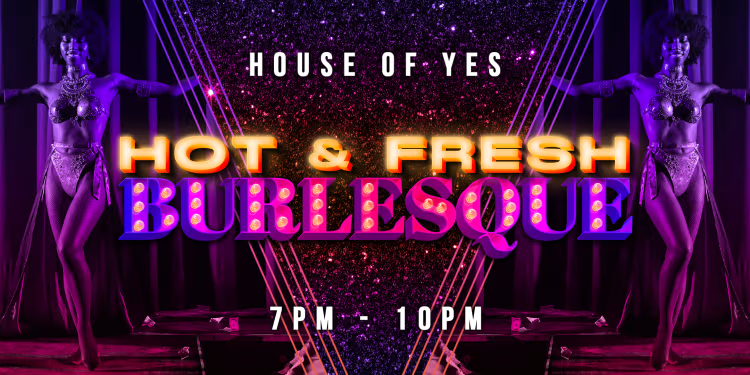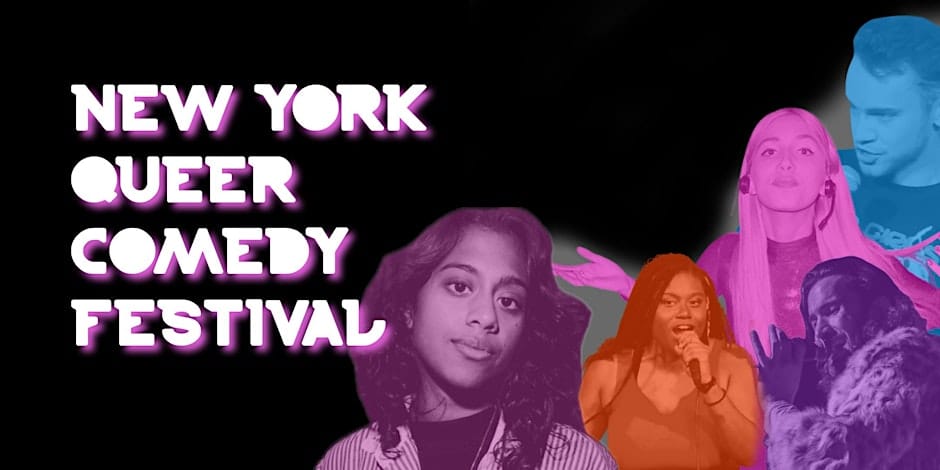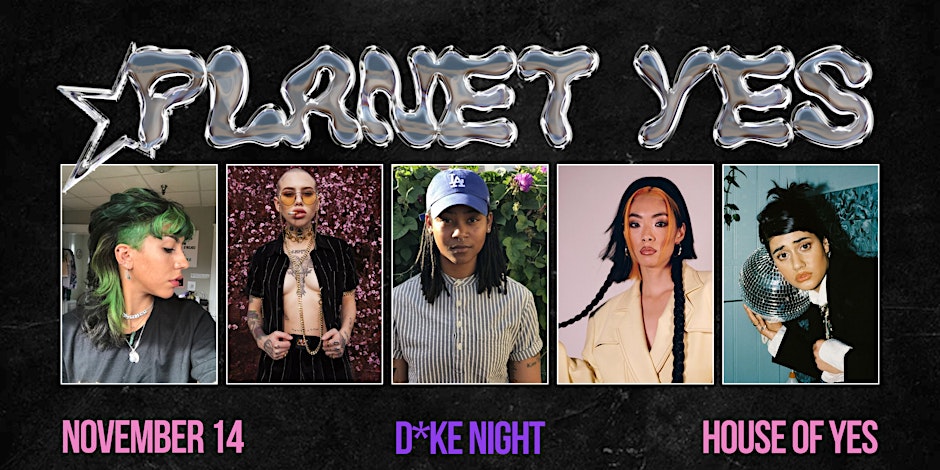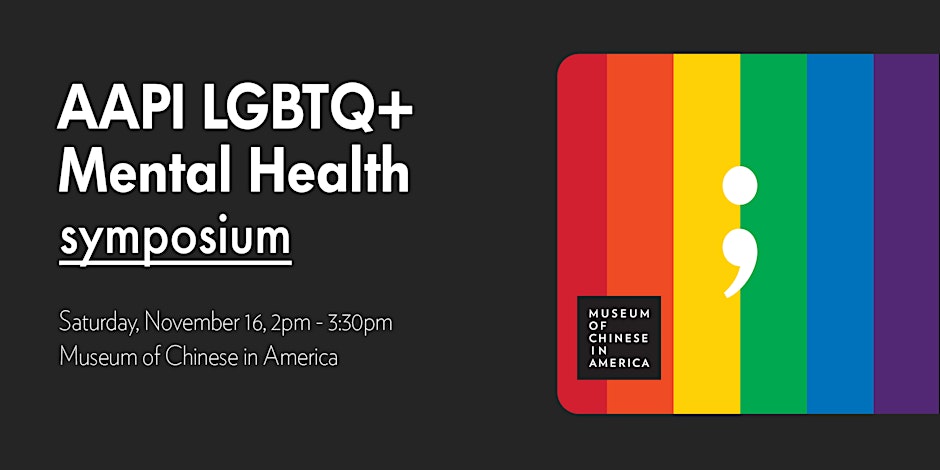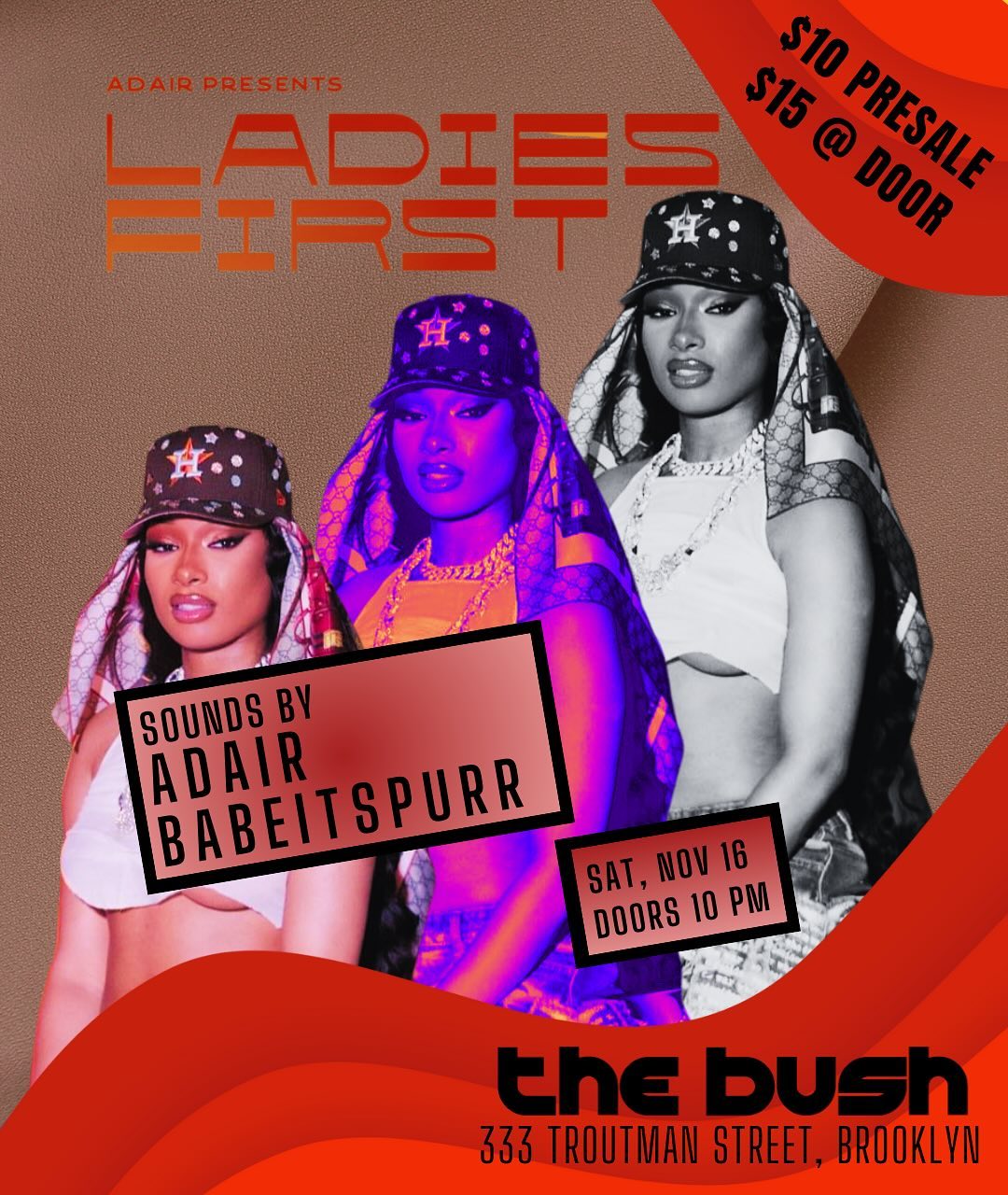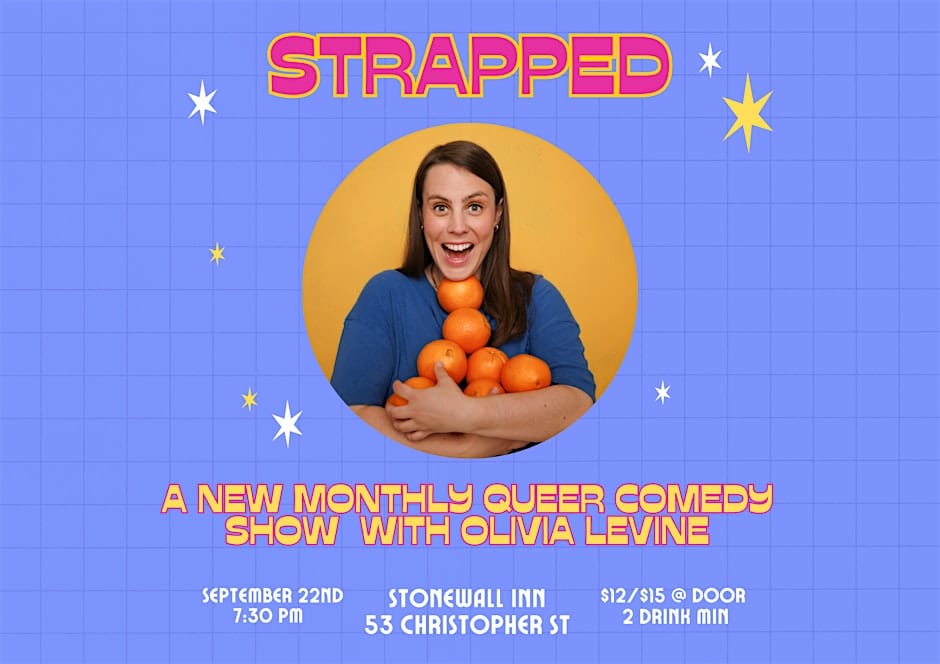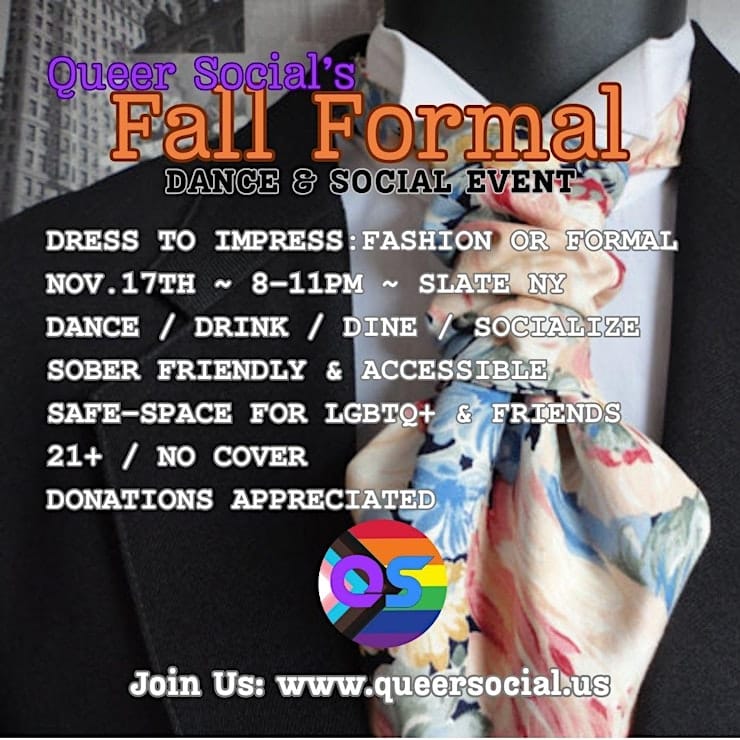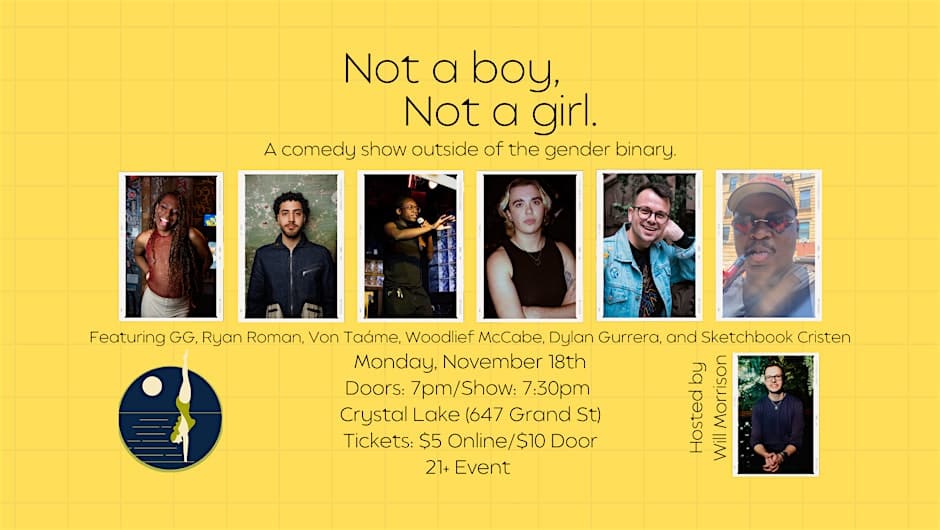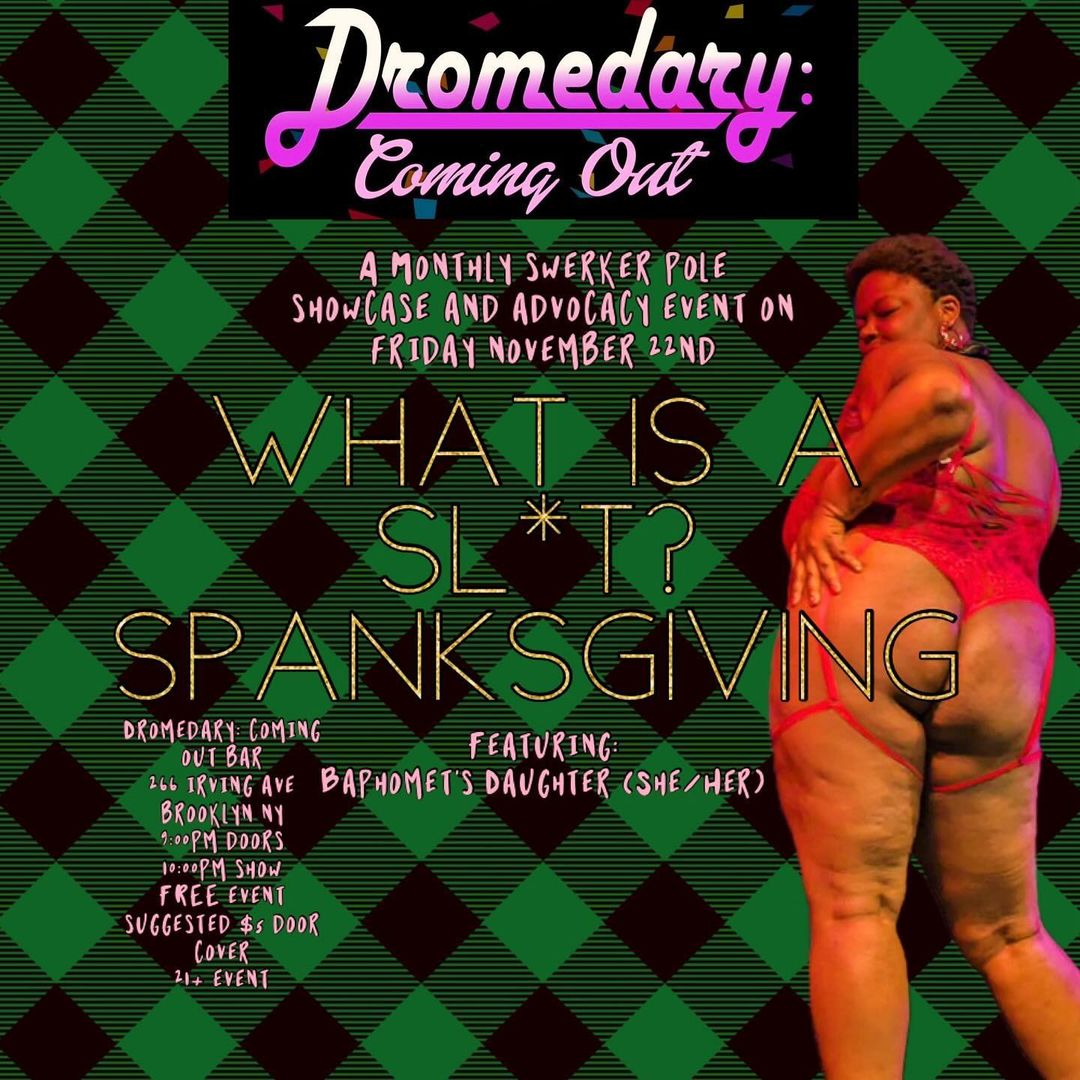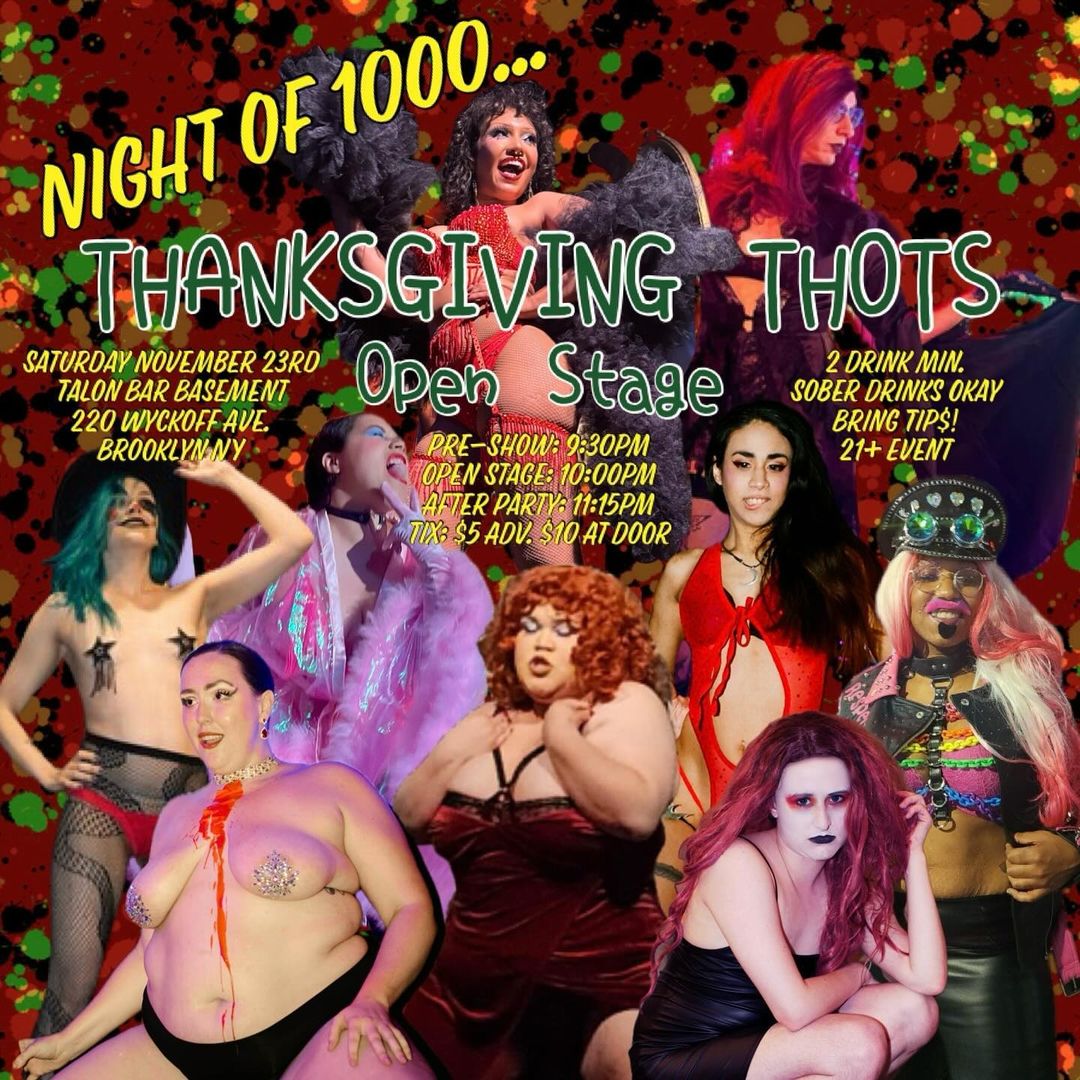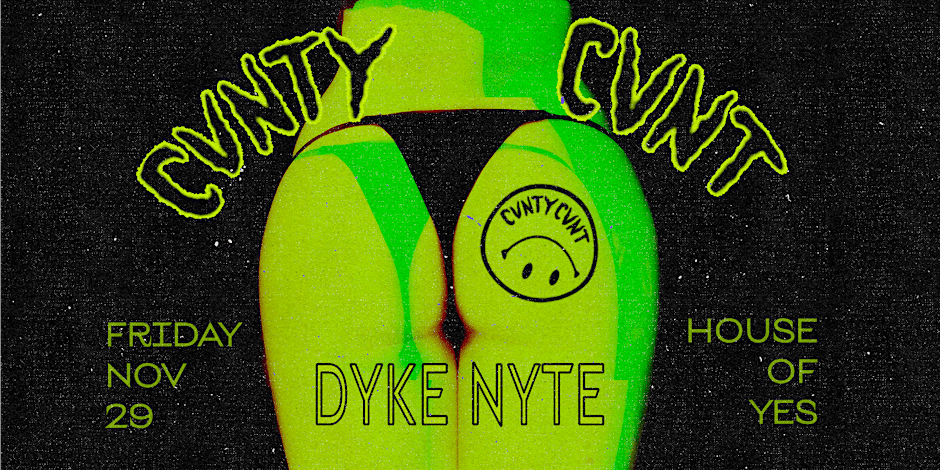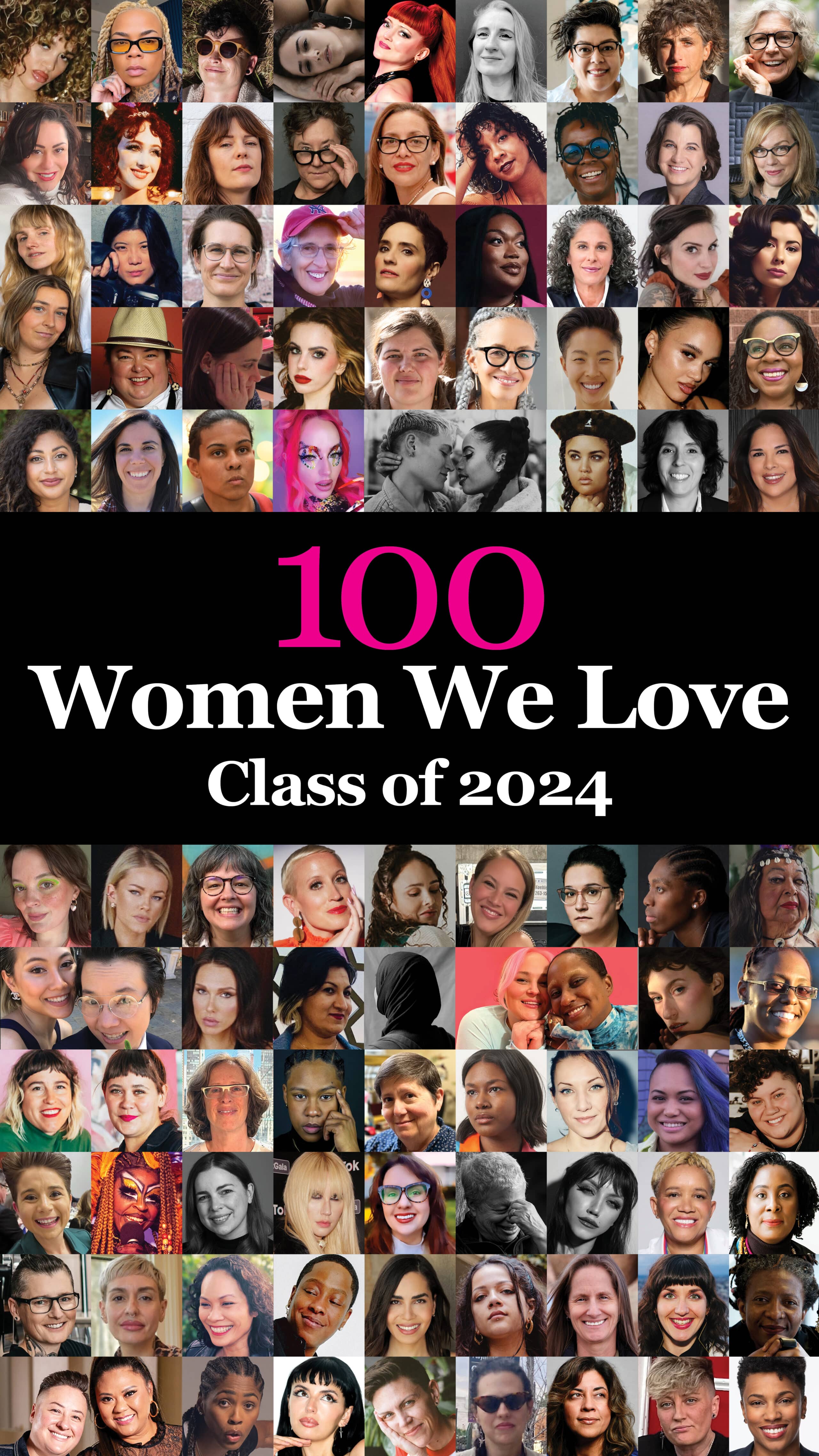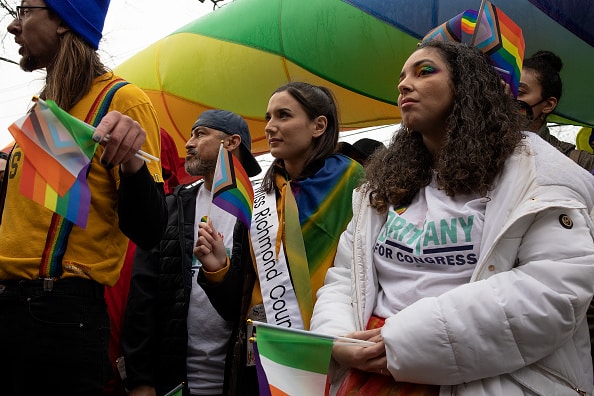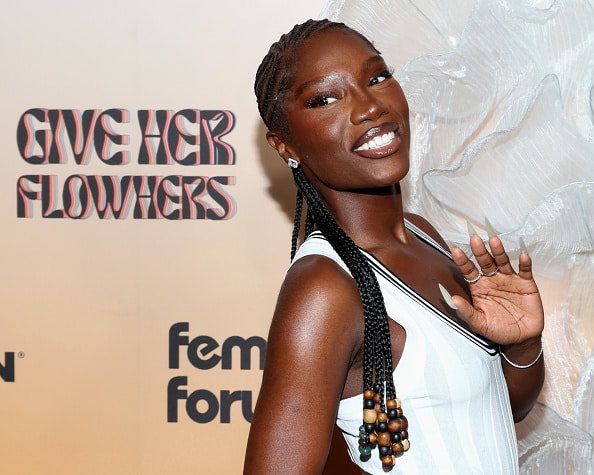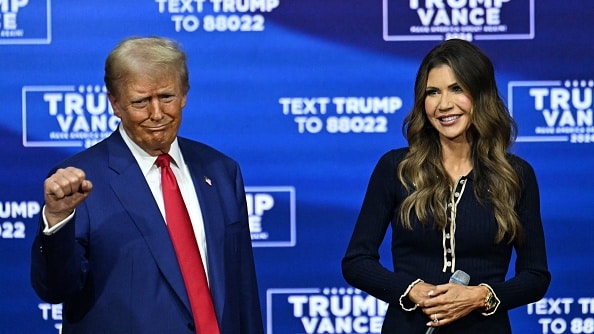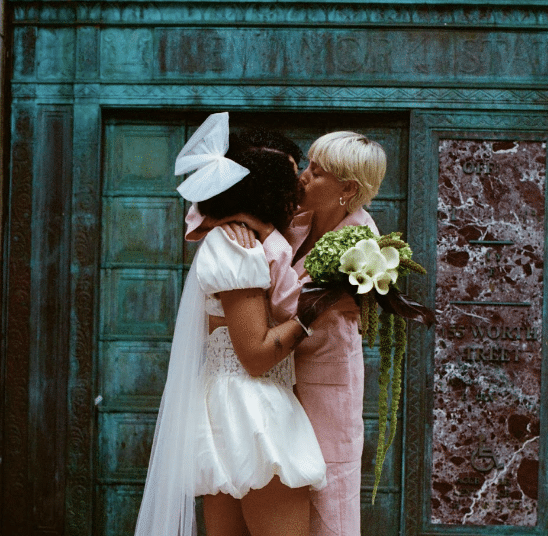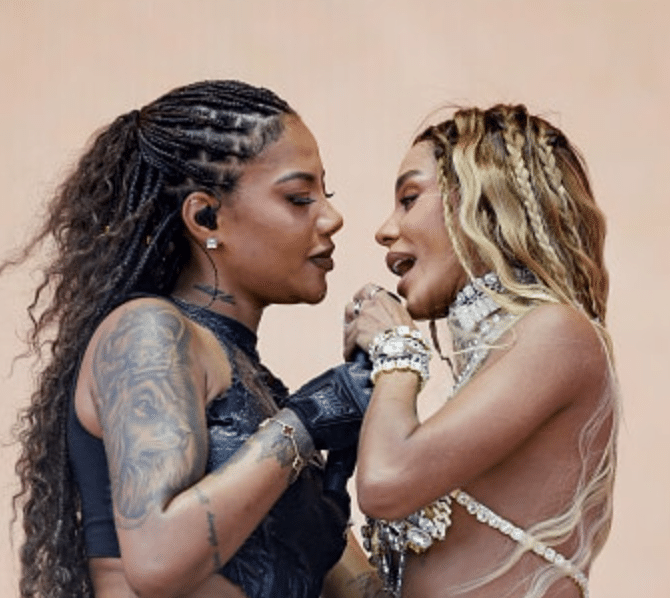They’re everyone’s favorite twins, and they’re back with a surprise: fresh off the tour for their most recent album, “Sainthood,” released last year, Tegan and Sara are starting a dance revolution. With a hot DJ line-up, which includes Passion Pit, Ra Ra Riot and VHS or Beta, the Quin sisters are about to release a remix album for their song “Alligator.” Just a few weeks after that, Tegan and Sara will be hitting the road with Paramore for a worldwide summer tour sponsored by Honda Civic. Between the end of an American tour and a quick trip to Australia, Tegan Quin chatted with GO about the band’s upcoming release, the joys of touring, the twins’ commitment to global change and what it really means to make it in the music biz.
GO Magazine: Thanks for taking the time to speak with us today.
I know you’re leaving tomorrow, so time must be tight.
Tegan Quin: It’s totally fine. I’m a Virgo, so I’m well prepared.
I’ll just get right to it, then. How did the “Alligator” remix album come about?
We did it on our last record, for “Back in Your Head,” and it had just happened on the record before because so many DJs covered “Walking With the Ghost,” which was such a popular song at that point. It’s become part of what we do when we put out a record. A lot of bands do it nowadays because it’s a good way to virally get your band out to different people who wouldn’t necessarily buy your record.
How did you pick the song?
We had planned on going with “Alligator” to radio anyway, since that’s by far the dancier and poppier song on the record. Sara’s songs always tend to work out better for remixing; mine are wordy.
If you had to pick another song off “Sainthood,” what would it be?
I would love to try to get remixes of “Arrow” and “Nightwatch.” I think a lot of Sara’s stuff works really well, she has repetitive choruses which I really like, and which you can sing along to. That’s probably why her singles are always more successful [laughs]. I would love to hear remixes of those songs!
You collaborated with a lot of really great musicians. Did you reach out to those artists or did they reach out to you?
It was generally a mix. There were definitely a lot of people who expressed interest directly to Sara and me. For the most part, though, the label just sent it out to their list of DJs who are interested in remixing. We specifically sought out remixes from artists like VHS or Beta, Holy Fuck, Ra Ra Riot and Passion Pit, but the rest were DJs who just did their thing. We got over 30 remixes back. I would have liked to put them all up, they’re all so different, but we had to narrow it down to the tracks that we ended up releasing.
So you never sat down with anyone and discussed the project; you just put it in other artists’ hands?
Yeah. I don’t know how other bands work, but we just sent the song out and they just sent back remixes. There were a few we sent back with comments, but we mainly allowed the artists to interpret our music in their own way.
You’re releasing the album on iTunes and on vinyl. Why not a traditional CD release?
It’s such a boring answer, but we just looked at the stats and realized a lot of our fans buy our music on iTunes, and, with a dance record, we figured it wasn’t going to be just our fans buying the music. So we wanted to make it really accessible to everyone, so they can buy it, and burn it, and play it and do whatever they want with it.
If you could remix a song from another artist, who would it be?
[I’d consider] all of the queer artists out there right now, like The Gossip, and the whole movement that’s coming out of England right now too, which seems pretty queer to me. In a week’s time we have to do a cover for a big radio station in Sydney and we’re all debating, over e-mail, which song we should cover.
What’s your top choice?
We just got really excited about doing a mash-up of “Take Your Breath Away” by Berlin and “Paparazzi” by Lady Gaga. I don’t know, though. We’ll see.
Speaking of covers and live shows, you’re going on the road again.
I’m a really big fan of Paramore and I am really excited to share a stage with them. Sara and I have mainly been focused on doing our own headlining shows for the past four and a half years, but in the winter we started talking about what we wanted to do this summer, and we decided it would be really fun to play for someone else’s audience other than our own. After 12 years it’s exciting to perform in front of someone else’s fans, because you get a challenge, you have to win them over. You sort of need each other as a band. You also have to get up there and put on the best show you possibly can. I think our band is ready for that challenge again. I love Paramore’s music. They’re very successful and I think there’s a lot we can learn from them. I also really love the idea of the tour’s summer camp-like camaraderie.
It’s interesting that you call it a challenge; some people might not realize that even experienced performers still face obstacles.
Our main objective has always been to do songwriting for a living, and we’ve always been storytellers, but what people forget, and what they probably should forget, is that this is still a business. Sara and I still have to pay the bills, and it’s expensive to go on tour. You have to pay for musicians, food, hotels, not to mention insurance for the band and for the crowd. All of these details start to add up and you realize it’s not as simple as going to a club, picking up a guitar and just playing.
And yet you’ve done so many tours…
We’ve been touring pretty consistently for 12 years. I’m looking at my calendar right now and see Australia for this month, Europe for next month and America for two months. We’re looking at dates right now in South America and India—and that’s all before Christmas. The world feels to us a big place, but a place we should be seeing a lot of right now, at this point in our careers and our age.
What’s your favorite part of going on tour?
Oh God! It’s all of the things you’d probably think of: you meet people from all over the world, experience someone else’s culture…In each country we’ve been to, we’ve had to adapt to a unique audience and I feel like I have such a better understanding of people and of why things are the way they are, now. I love that I’m a musician and I do believe there is a value in what I do for society, but ultimately I’d like my legacy to be much more than just creating pop music. I’d like to make the world a better place, and that starts with going to lots of different places and being outspoken about who we are and what we believe. That’s what I love about touring. I think of it as a responsibility to learn and use that knowledge to one day make the world a better place.
What are the issues you feel really passionately about?
Sara and I were raised by my mother, a single parent. My father was a great person, but we were definitely affected as young people by the hardships of single parenthood. Our mom went back to the university when we were young and we struggled with that, with my mom being the one who put food on the table while also finishing her degree. She went to school to become a social worker, and was highly involved with feminism and women’s rights, and later on, as we became teenagers, with gay rights. The first part of our career was focused on queer festivals, women’s festivals, women’s centers and so on. We’ve definitely stayed true to that and spent some time fundraising for gay youth in London and other parts of the world. Most recently, we spent some time in Montreal fundraising for an organization that raises money for kids from low-income families and single parent households to get musical instruments and go to school for music. I think we remain very involved in things women, gay, and music-related.
In a previous interview, we asked Sara if being out in the music industry had been difficult. Do you agree with her that it is?
I think at some point we’ll be able to step back with all of our
experiences and knowledge and formulate a really good answer for that question. I see the difference in the way our music and band are covered because we’re gay and because we’re twins.
The fact is that a lot of media whose demographic is male and younger focuses on objectifying or sexualizing us, and it’s hard. We have to wonder, after 12 years, why do they still have to say in the opening line that we’re gay? At the same time, we want people
to know we’re gay because we want them to know they can be
successful, creative and talented and be gay. But it’s still hard and it still feels like we’re a minority that’s not accepted by the mainstream.
And yet you manage to go onwards and upwards, like with the
creation of last September’s “On,” “In,” and “At” book set. How
was that project born?
I was dating someone who was working to put together a book for another company and was photo editing and doing layout, and I found it all really fascinating. I thought it would be so neat to have a hard cover kind of coffee table book about our band. We tried to do something that would cover our whole ten years and that was kind of overwhelming, so we figured we would do something that would cover just one tour. It happened to be the tour we did before the U.S. elections and we were talking a lot internally about the world, being a band, and what it’s like to be a band, so we got together with other artists and wrote about the election and Prop 8 and collected photos. We enjoyed putting the book together so much that we decided we’d put out two more. In the end, it was a yearlong project that more than twenty people worked on!
Music critics consider “Sainthood” the album through which you’ve come into your own. How has your music progressed from an organic acoustic singer/songwriter feel to a genre-transcending sound?
We consciously made a move towards being more of a pop/alternative-rock band in the early 2000’s right around “If it Was You,” our third record. “So Jealous,” “The Con” and “Sainthood” were all natural evolutions of that. We continue to be influenced by what’s happening musically around us and, as we get older, we’re maturing as songwriters. We’ve been writing songs for 15 years and we wrote individually, together and with other people for this record, all of which I think has made our songs stronger, our foundation stronger. Ultimately, we’re songwriters and that hasn’t changed.
But now you’re playing arenas rather than intimate club shows.
If you had met me when we started 11 years ago and asked me if I thought we’d be playing in front of 3,500 people a night, or listed all of the things that we’re doing right now, I would have just laughed. What we were doing was small-minded, though not in a business sense, since we were aggressive and very assertive business people back then. But I never thought of it in terms of people and money and the evolution from coffee shop shows to 3,500 people. We’re not one of those bands that shot up overnight; we’ve literally played sports bars and clubs and then theaters and then bigger venues. We traveled on the Greyhound, then cars and vans—it took seven years for us to get a bus! Our career has eked along step by step, so we’ve learned how to navigate big crowds by playing different sized crowds for years. I remember we played Austin City Limits last year and there were 20,000 people there. I was like “Okay, I’m just going to pretend it’s just the people in the front, it’s just them!” The show went on without a glitch, it was great, but it’s definitely still scary to get up on stage sometimes and think, “Fuck, it’s my job to entertain these people!”
What has been your favorite experience in your journey so far?
It would be impossible for me to even hone in on an era; it’s all been pretty awesome. Each year, each record, each stop, it’s all been amazing to look back on. It’s so precious, and it all goes by so quickly. There’s no one thing that made it that way, it’s everything: the fans, the music, the experiences. Last night I was at a Stanley Cup game and I thought “I’m just really lucky that I’m here, lucky that I chose this path to make music for a living.” It’s just a privilege that I feel blessed to have had.
What’s your greatest ambition for the future of Tegan and Sara?
I was having a heated discussion with someone today about mainstream popular culture and they said they were too good to be mainstream and they had no interest in being popular. My response to that was: “Well, I hope we are!” Because I think we have a positive message, we write love songs, love songs for people who are really comfortable and happy with who they are. Every day I face an audience of a diverse group of people who are ready to celebrate that. And I don’t think we should limit ourselves. I don’t want to play for people who don’t understand that message but I’m willing to play to some people who don’t get it in order to play for the people who do. I’ll take whatever happens. I think that we just want Tegan and Sara to be what it should be and what it could be, so we’re just going to keep working on that. n




